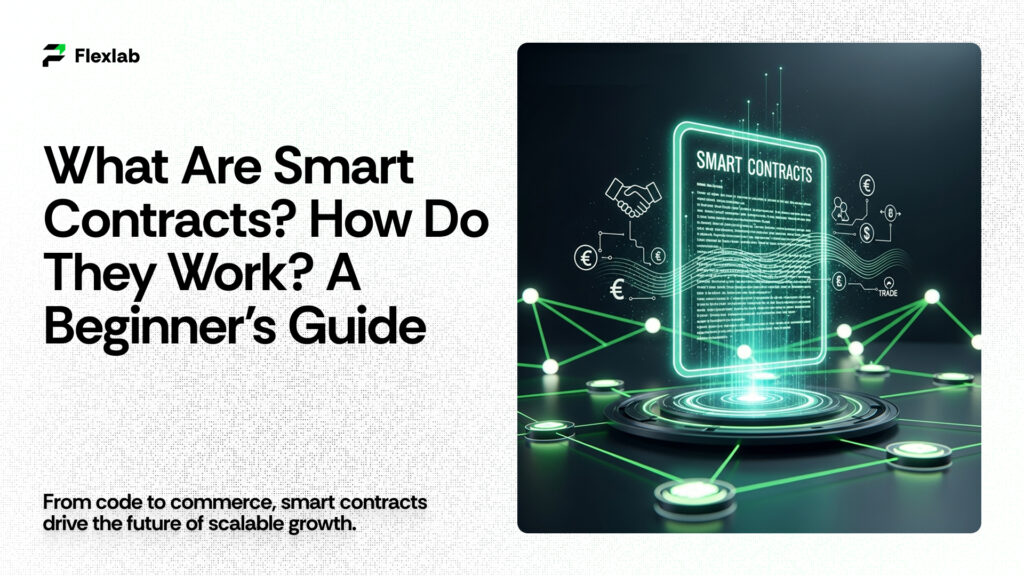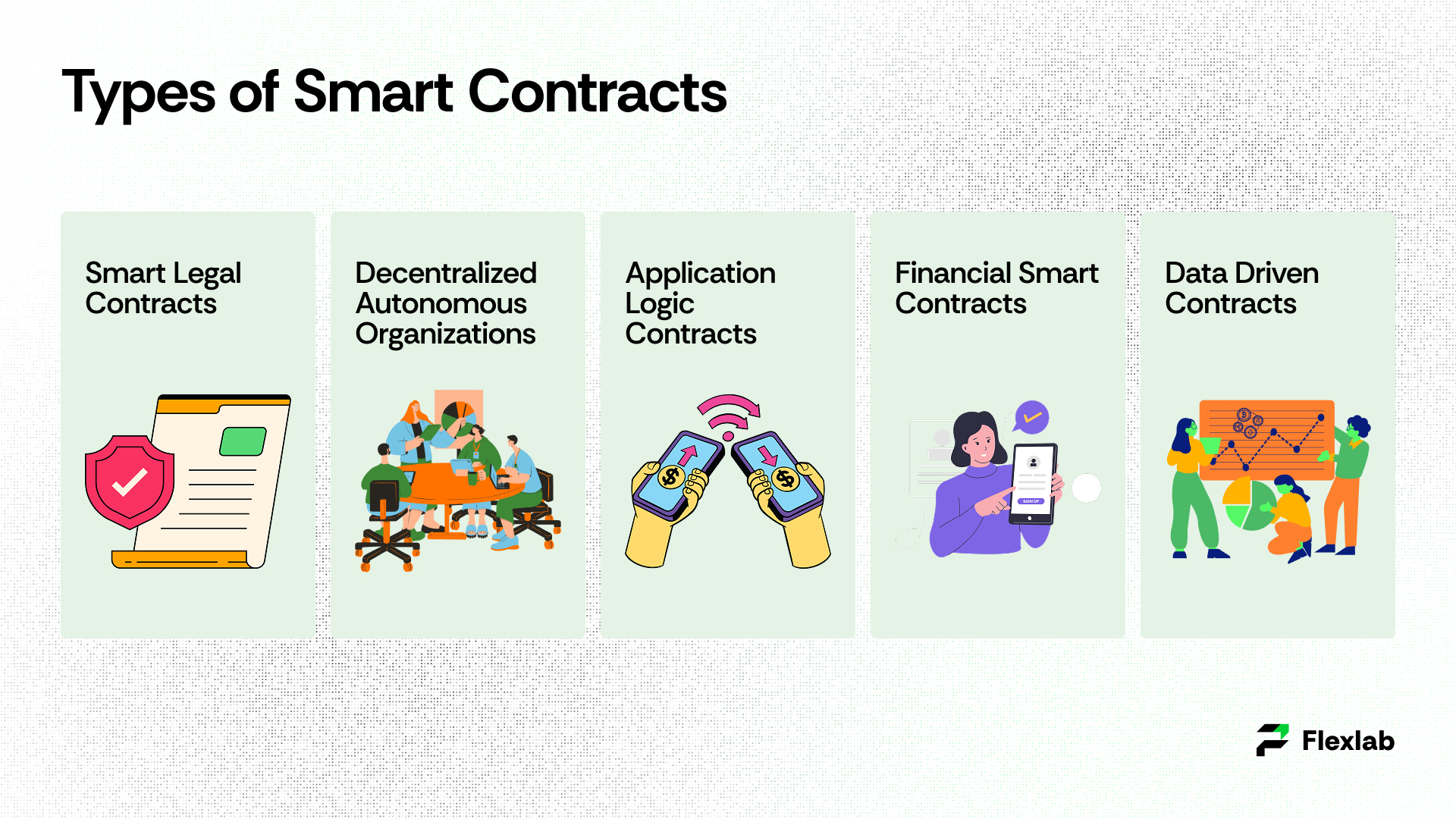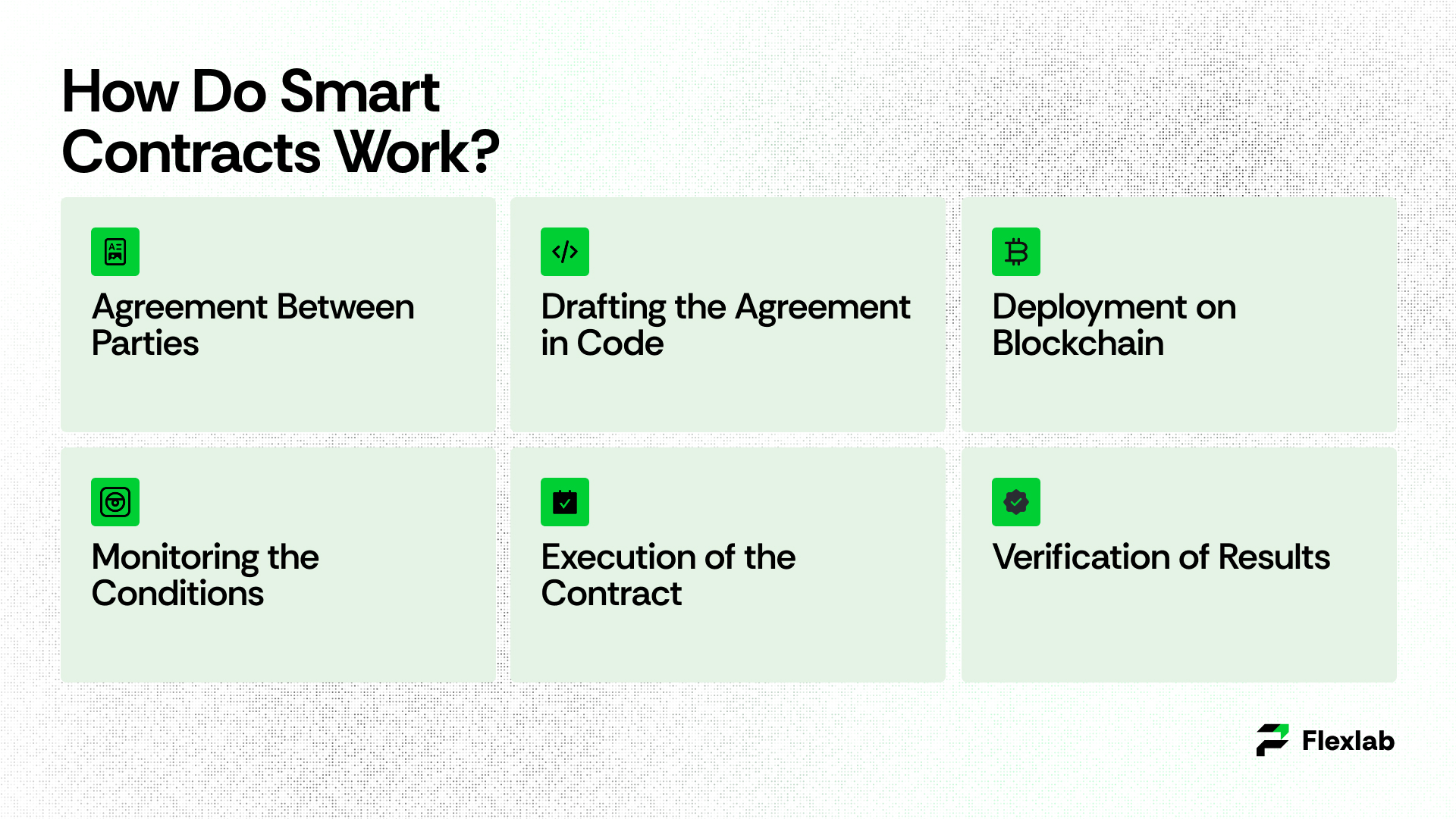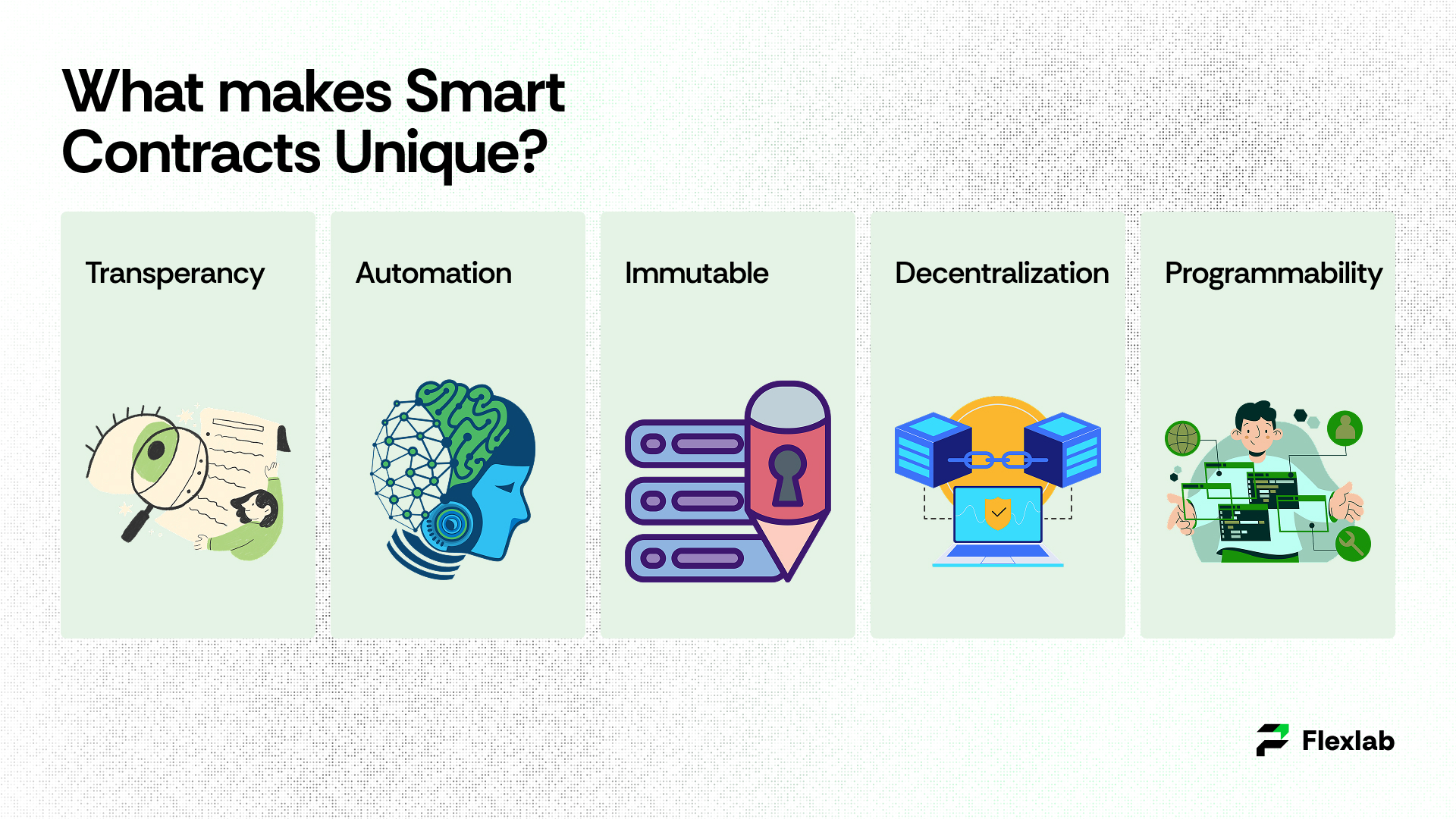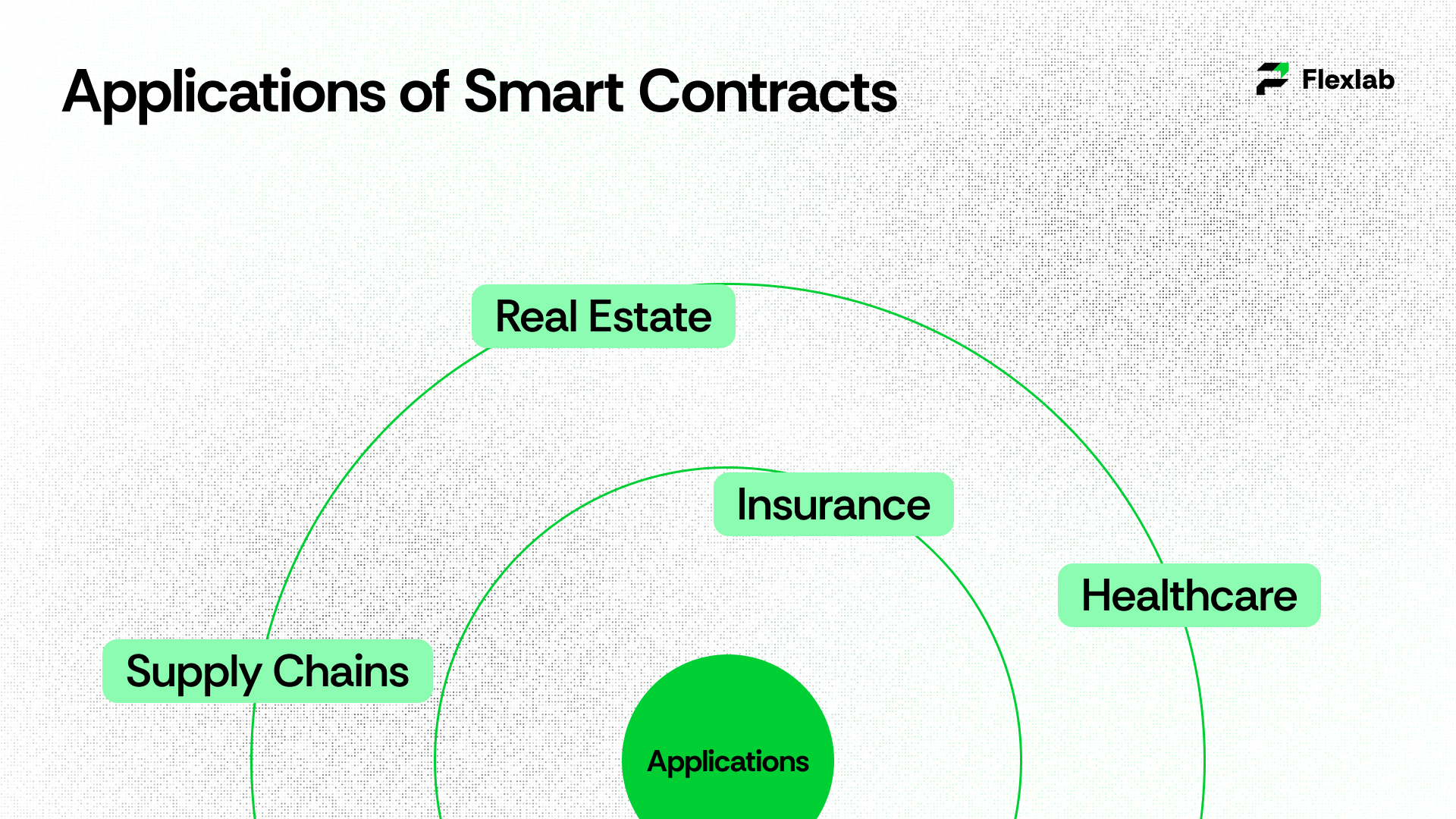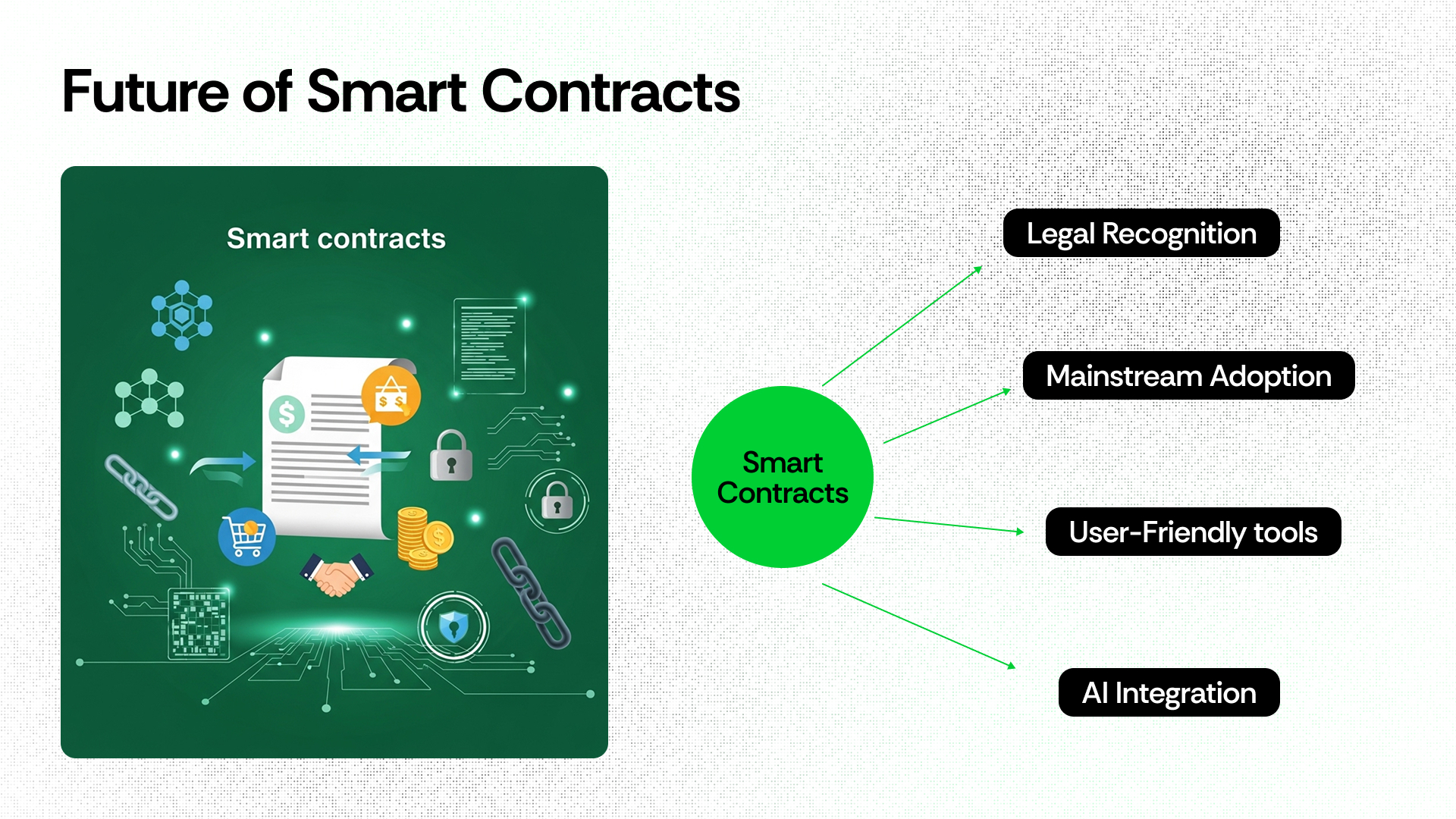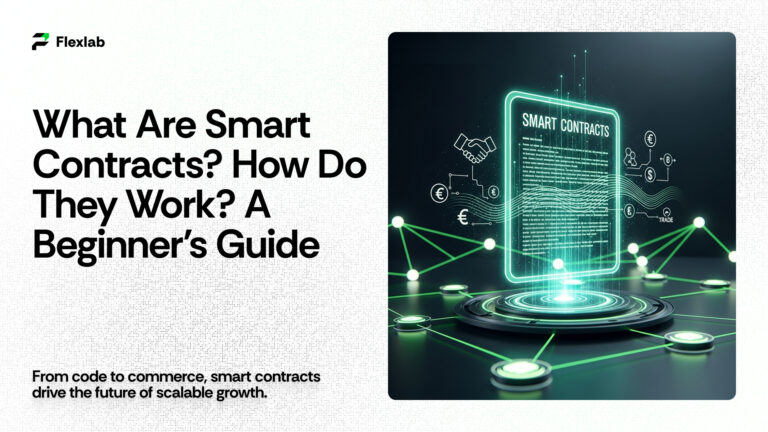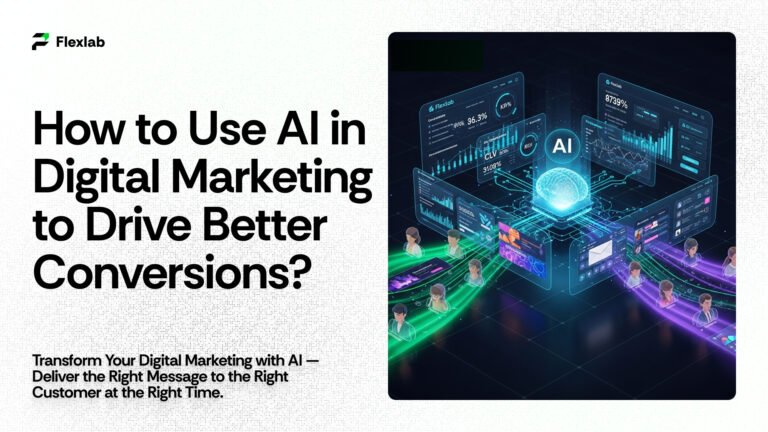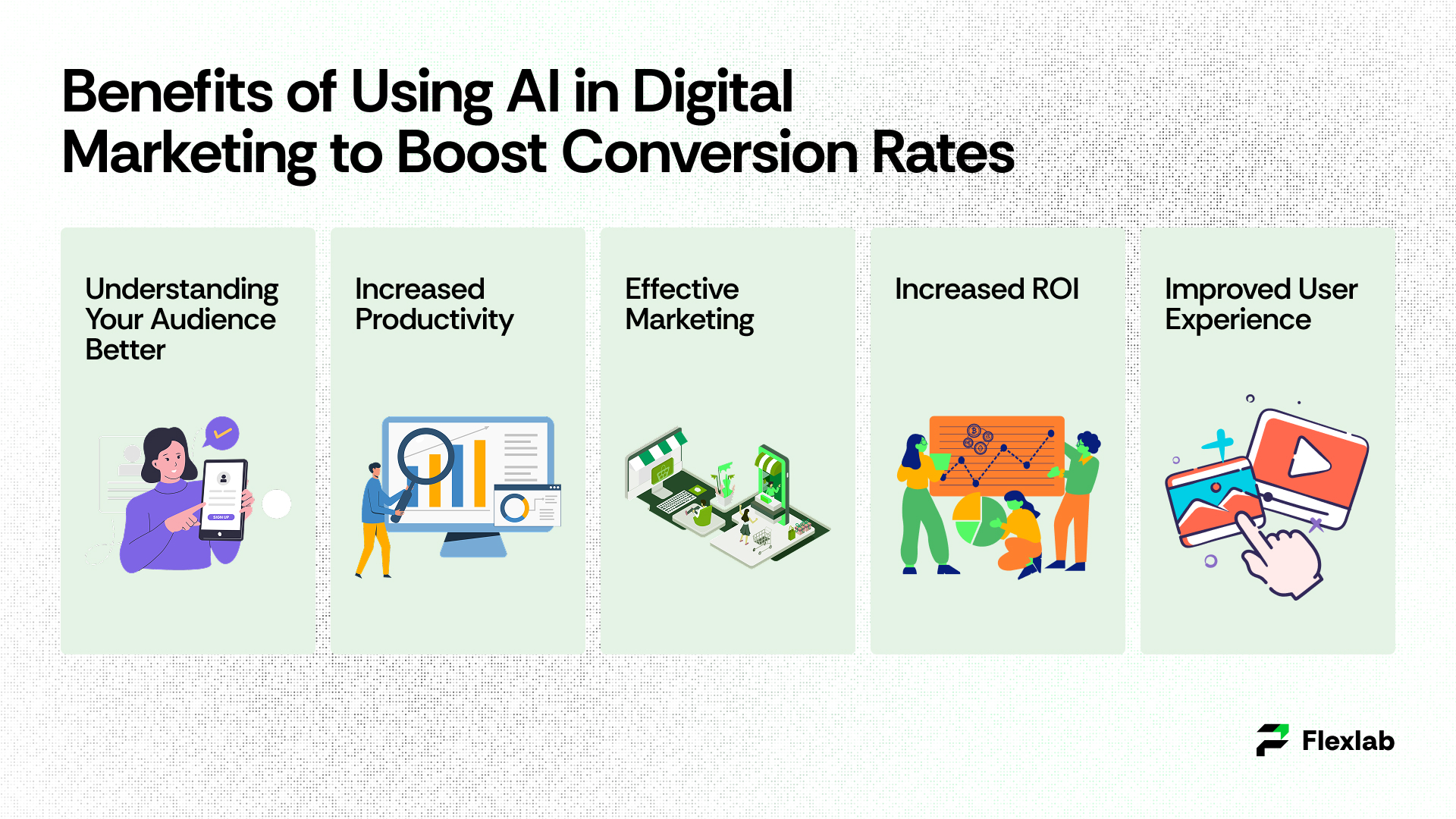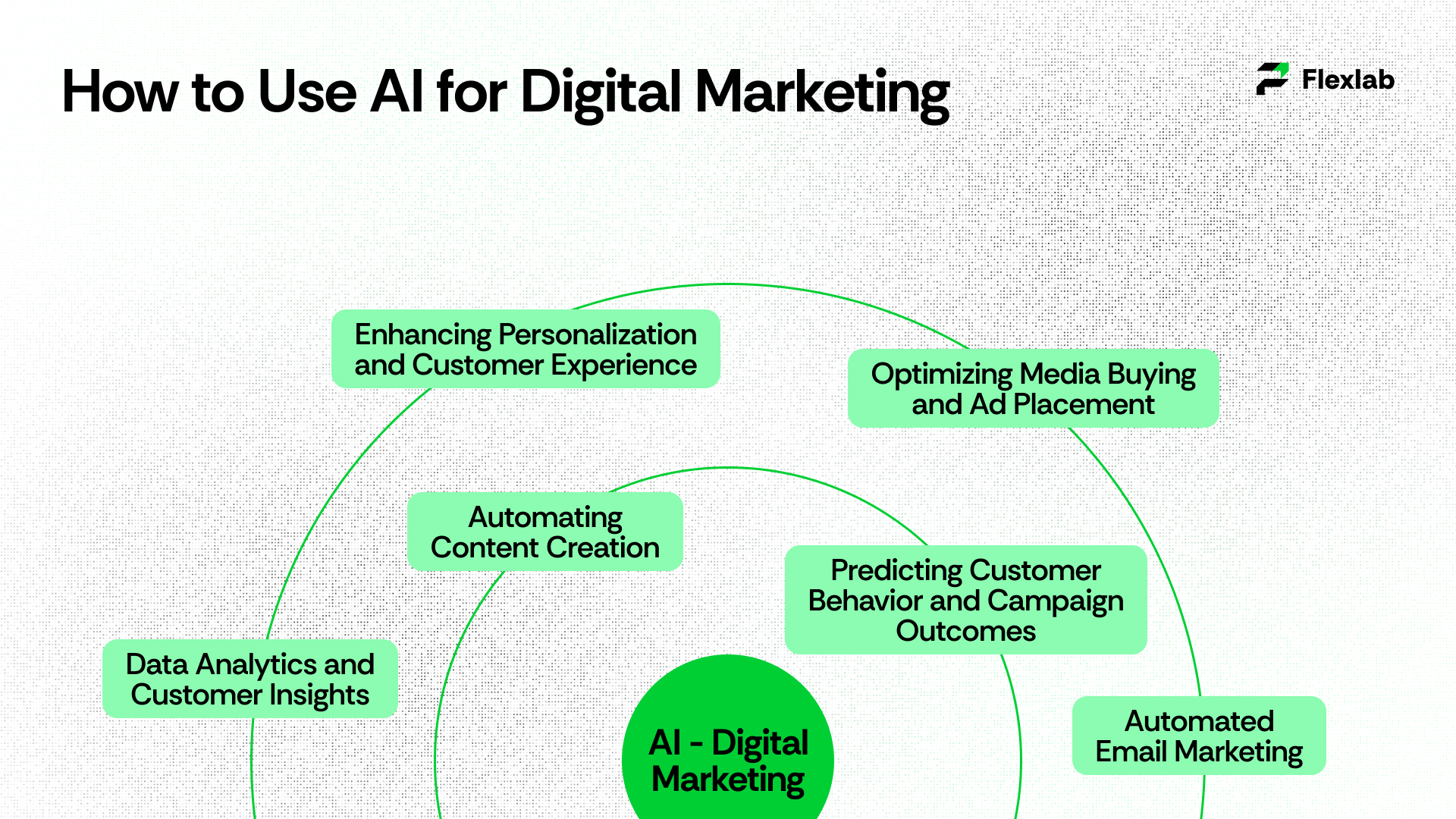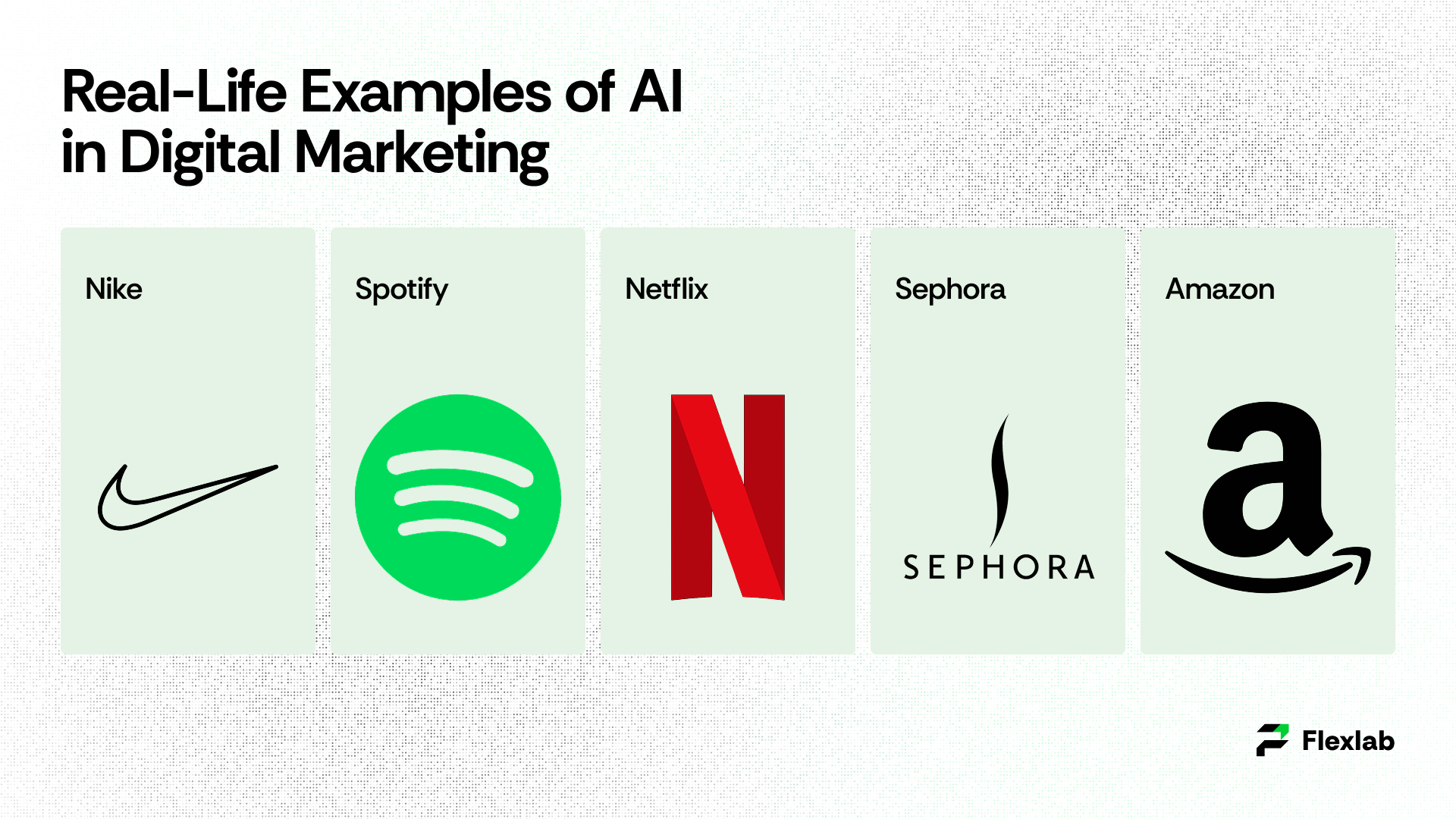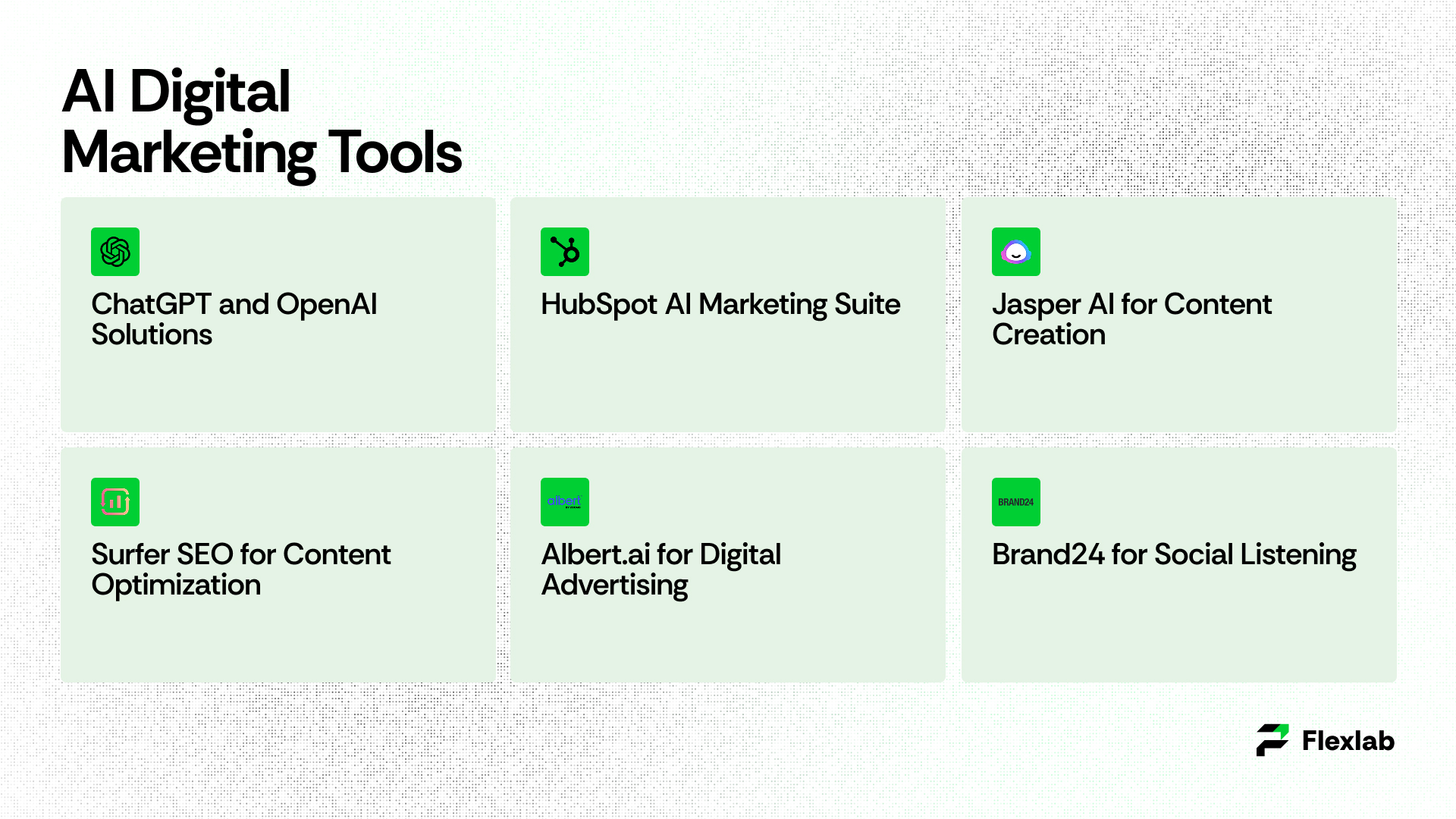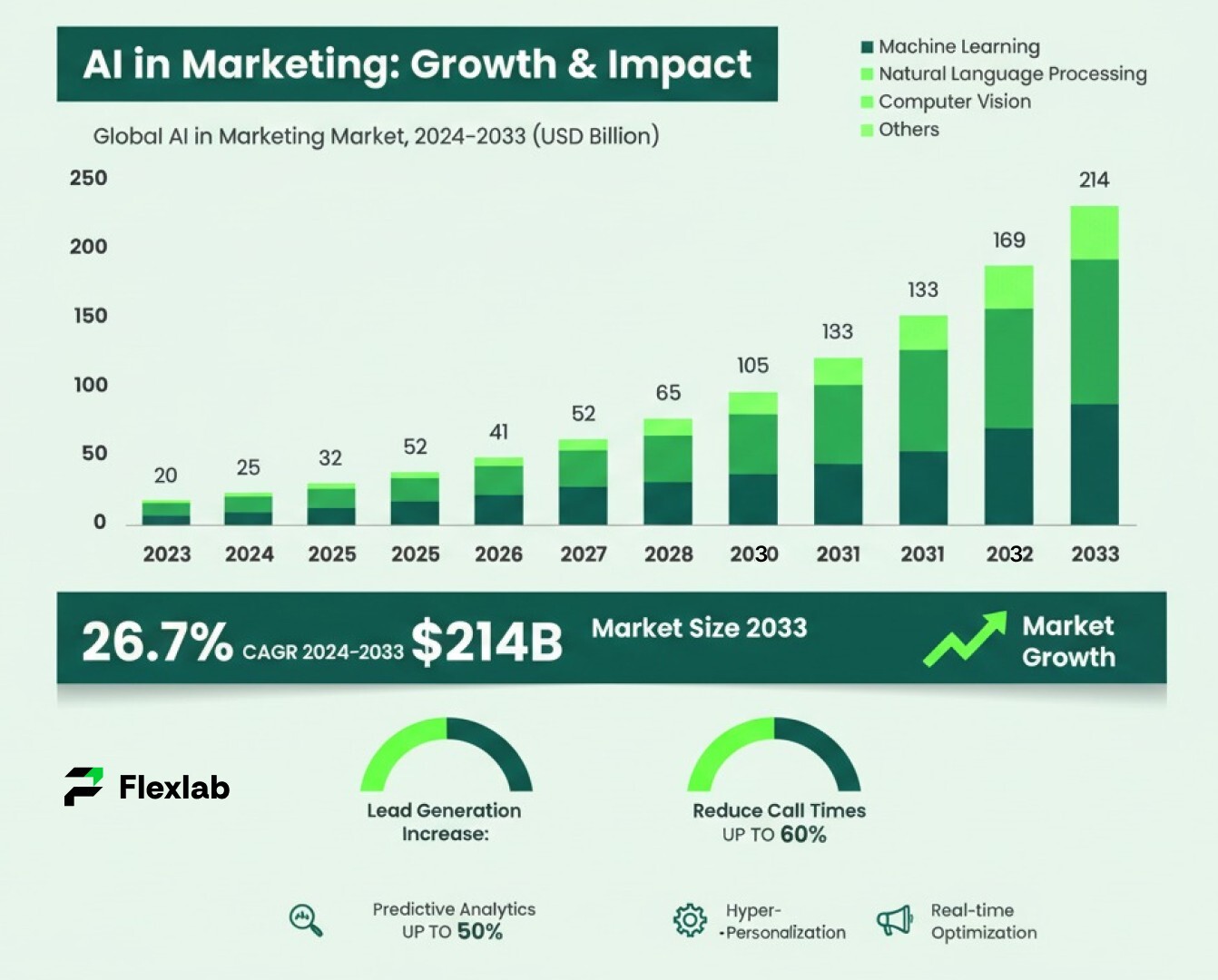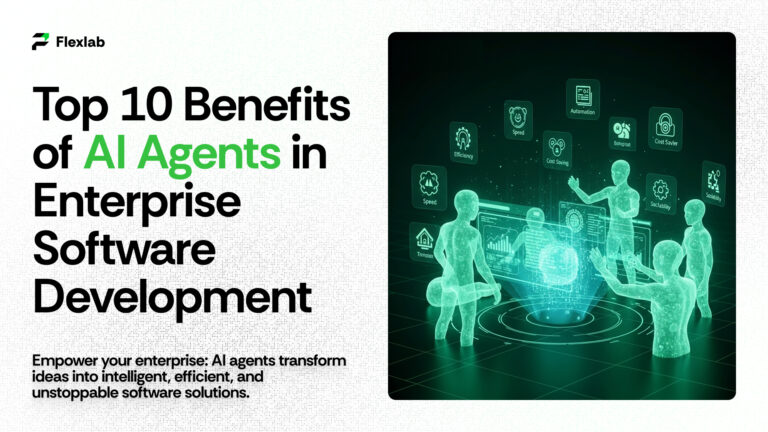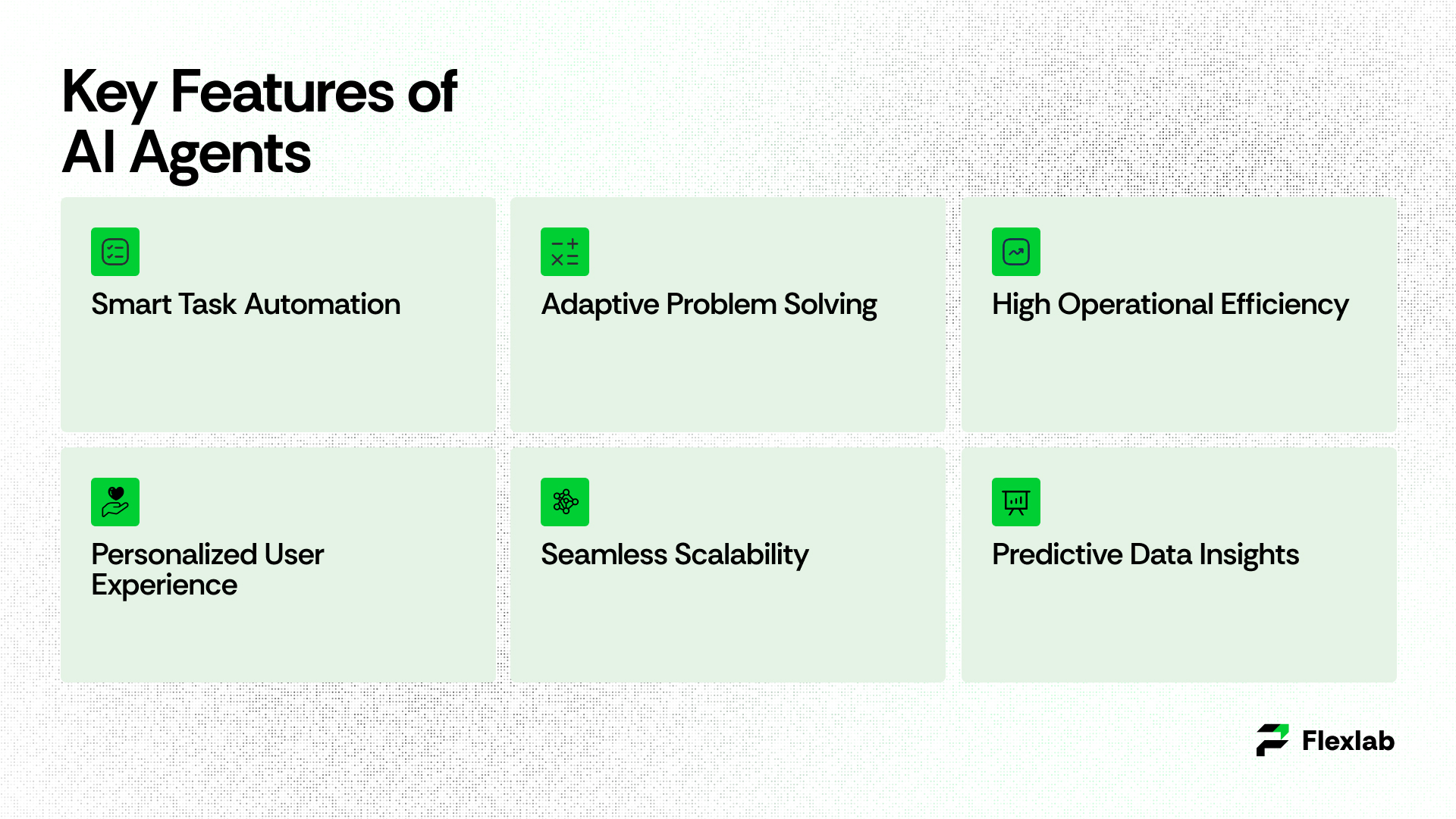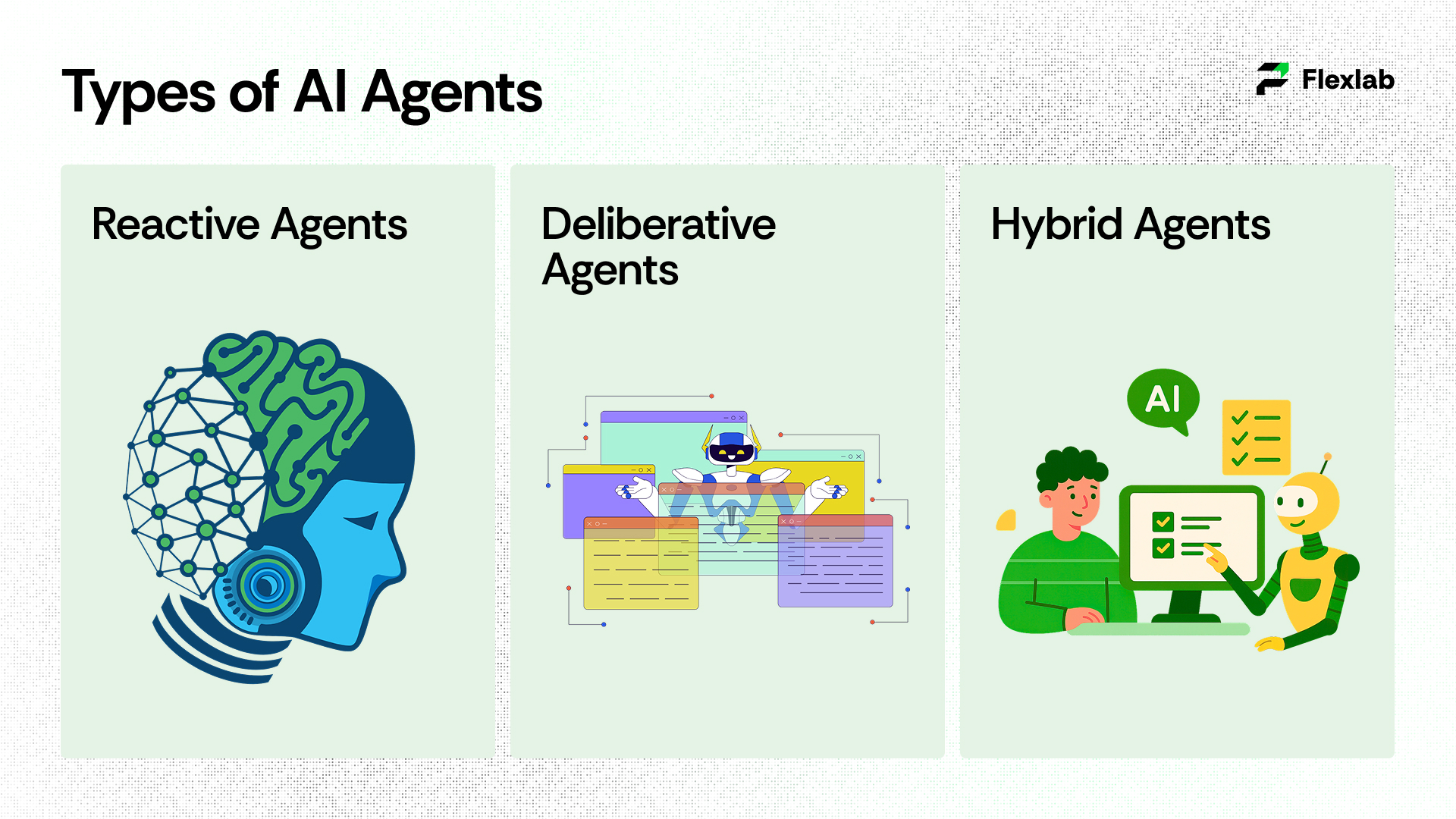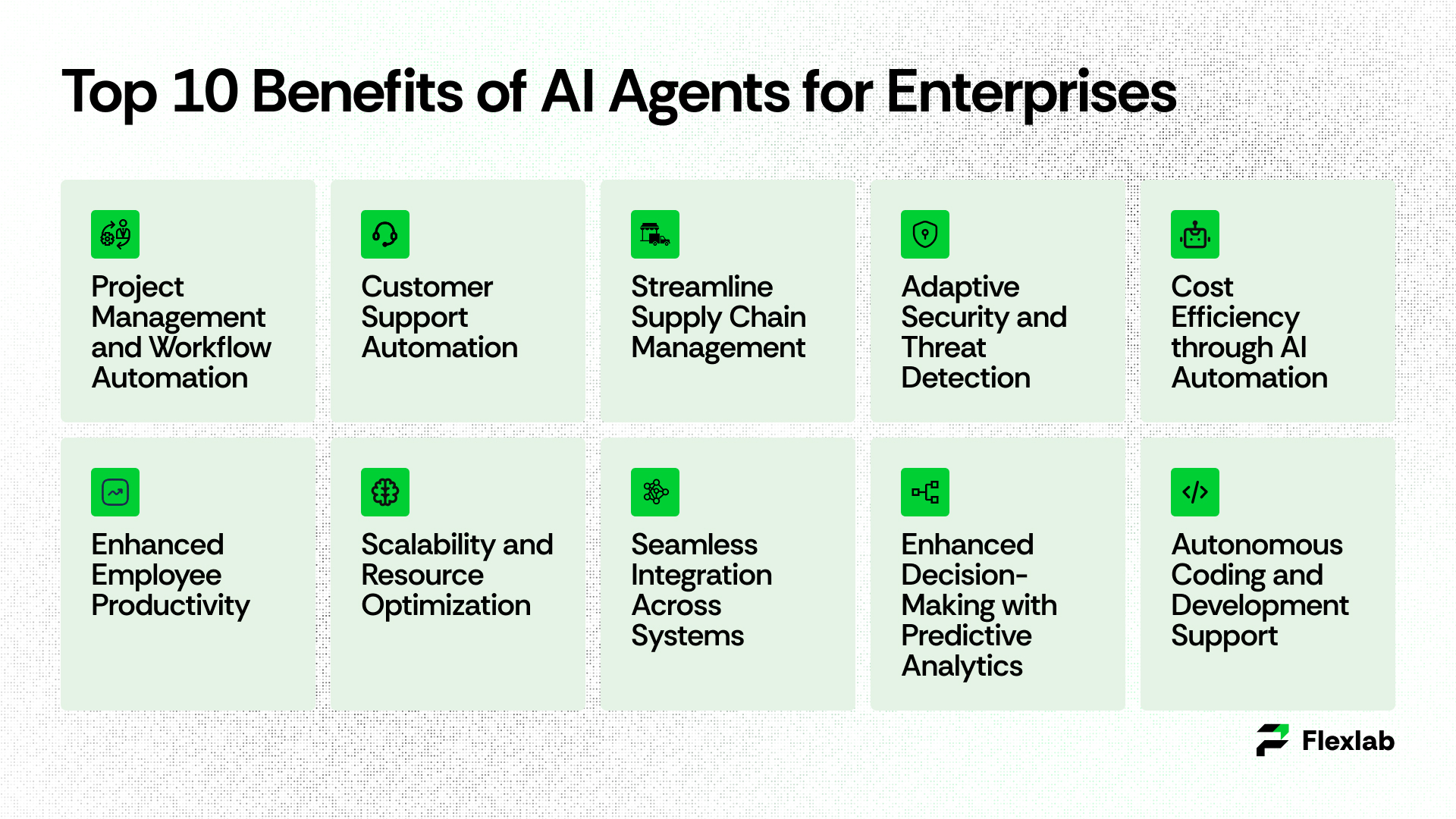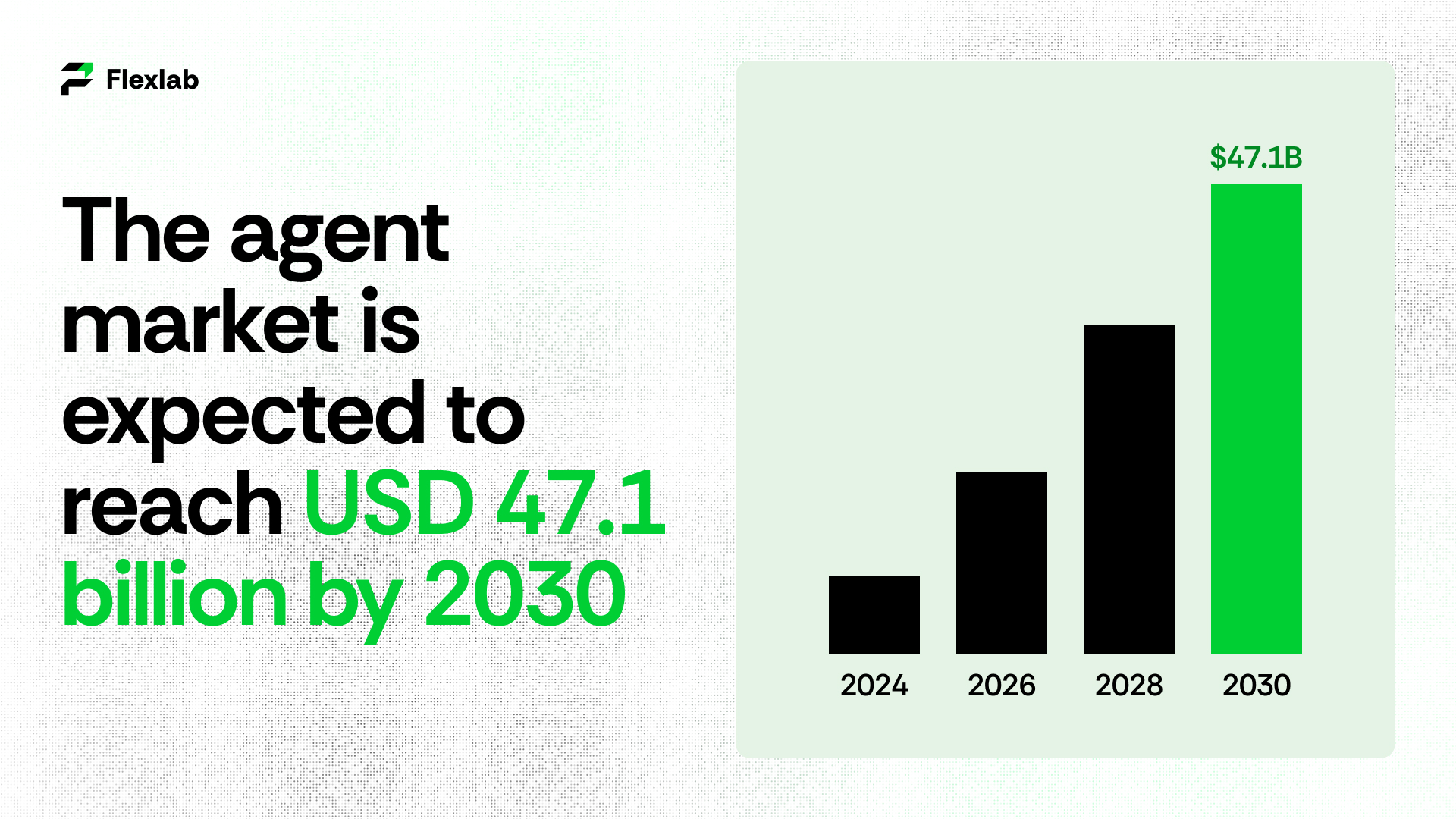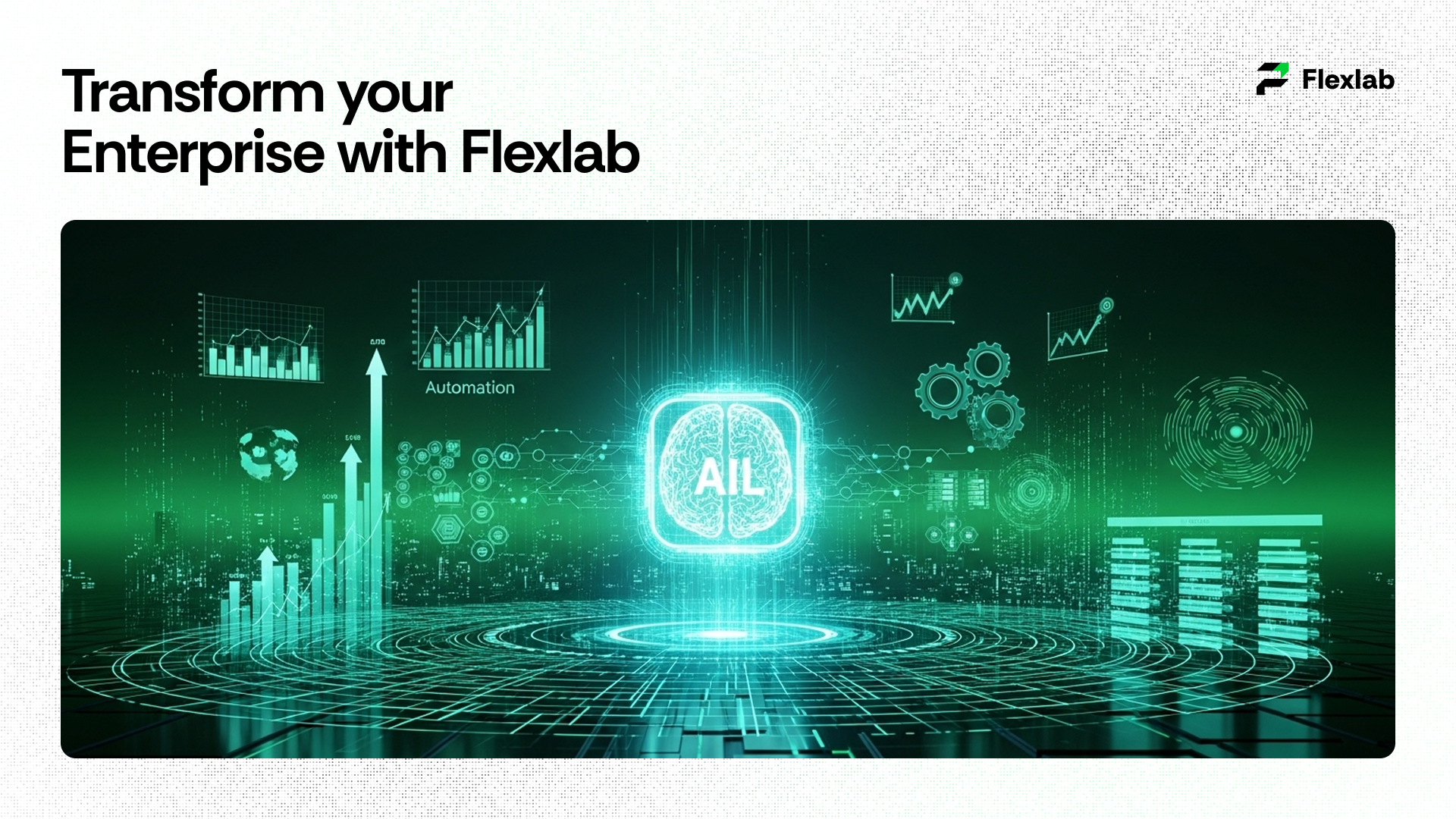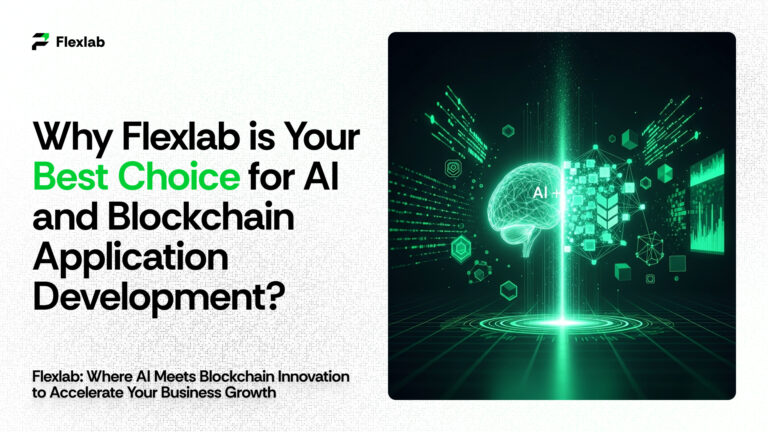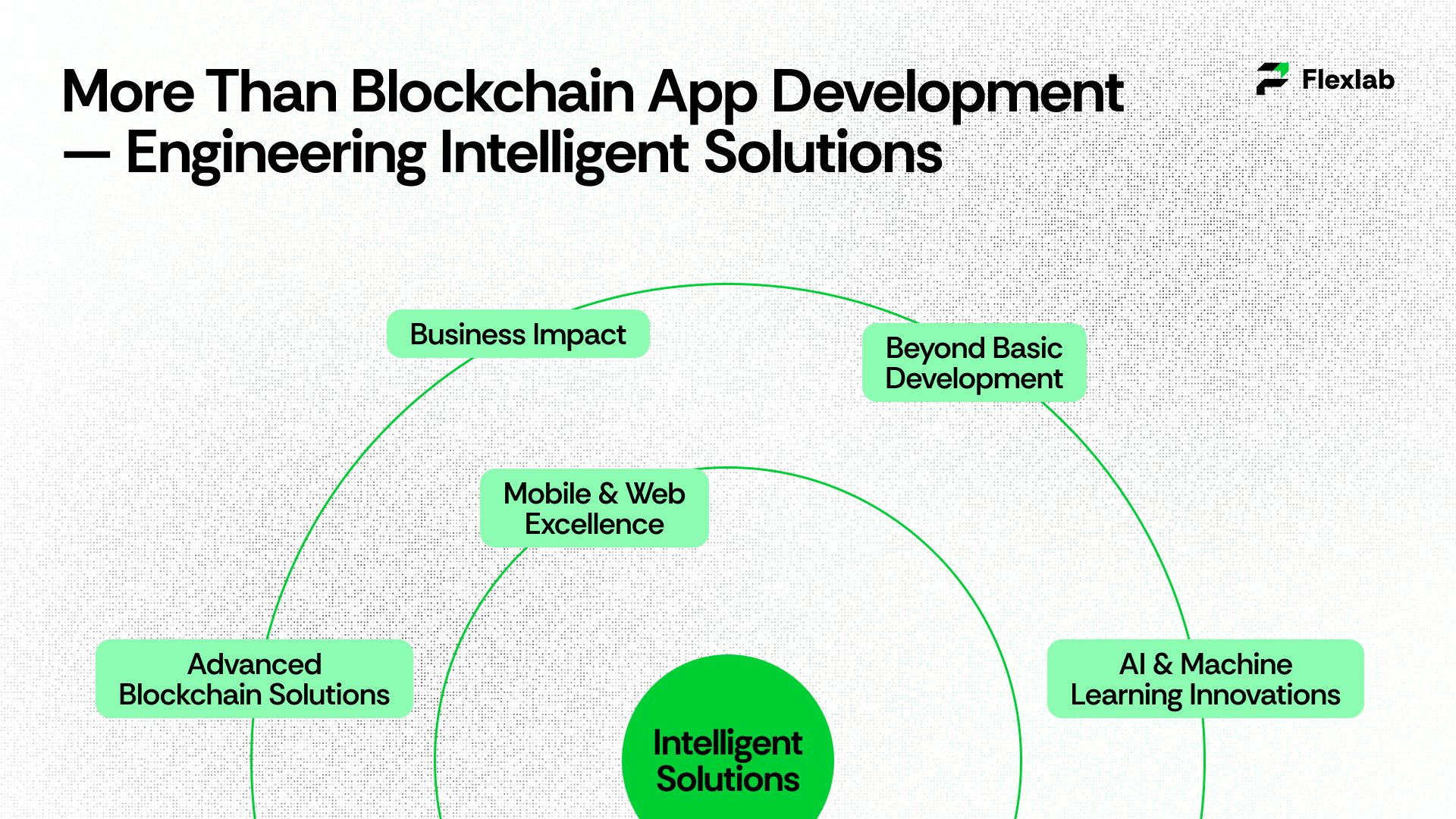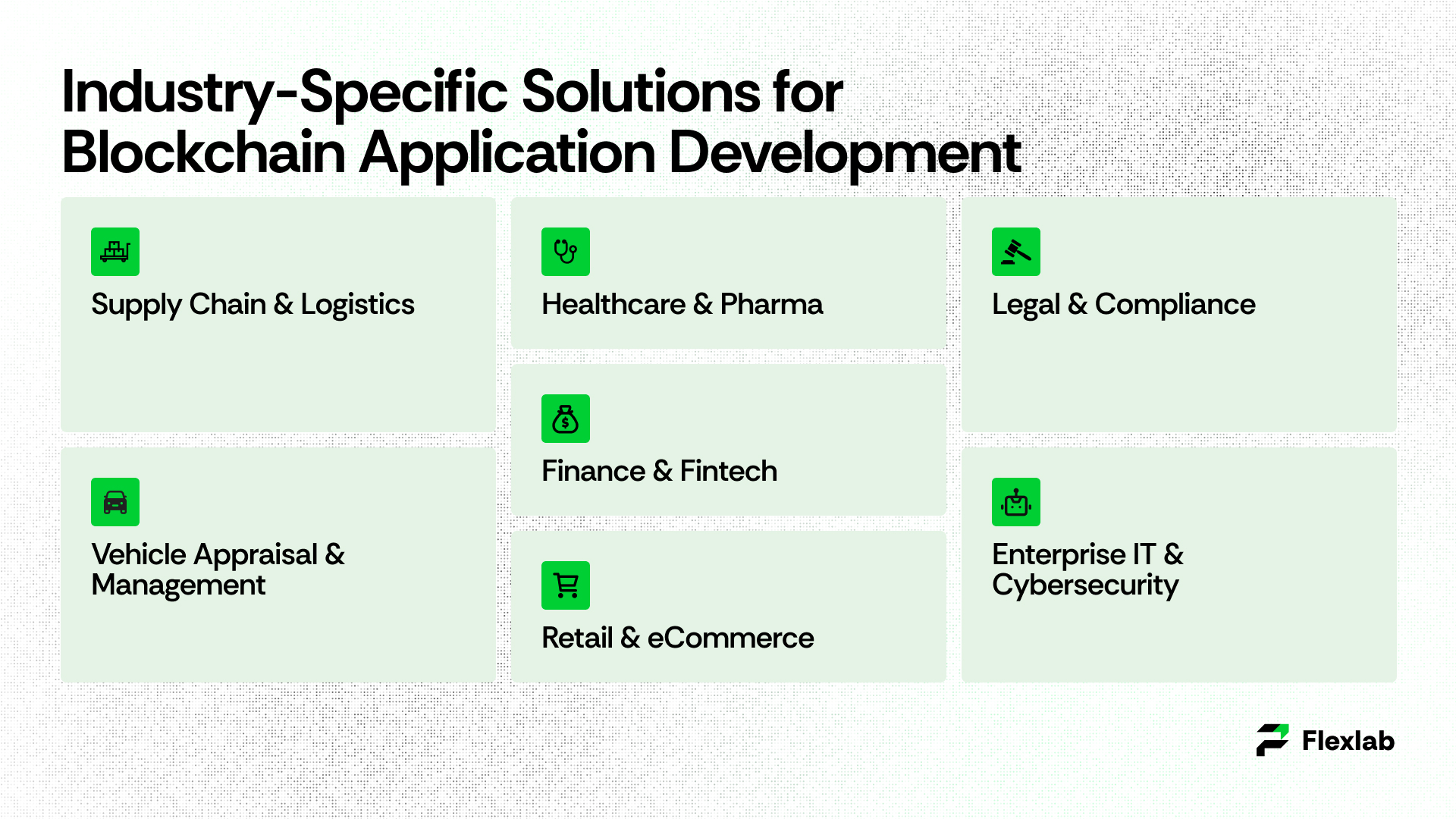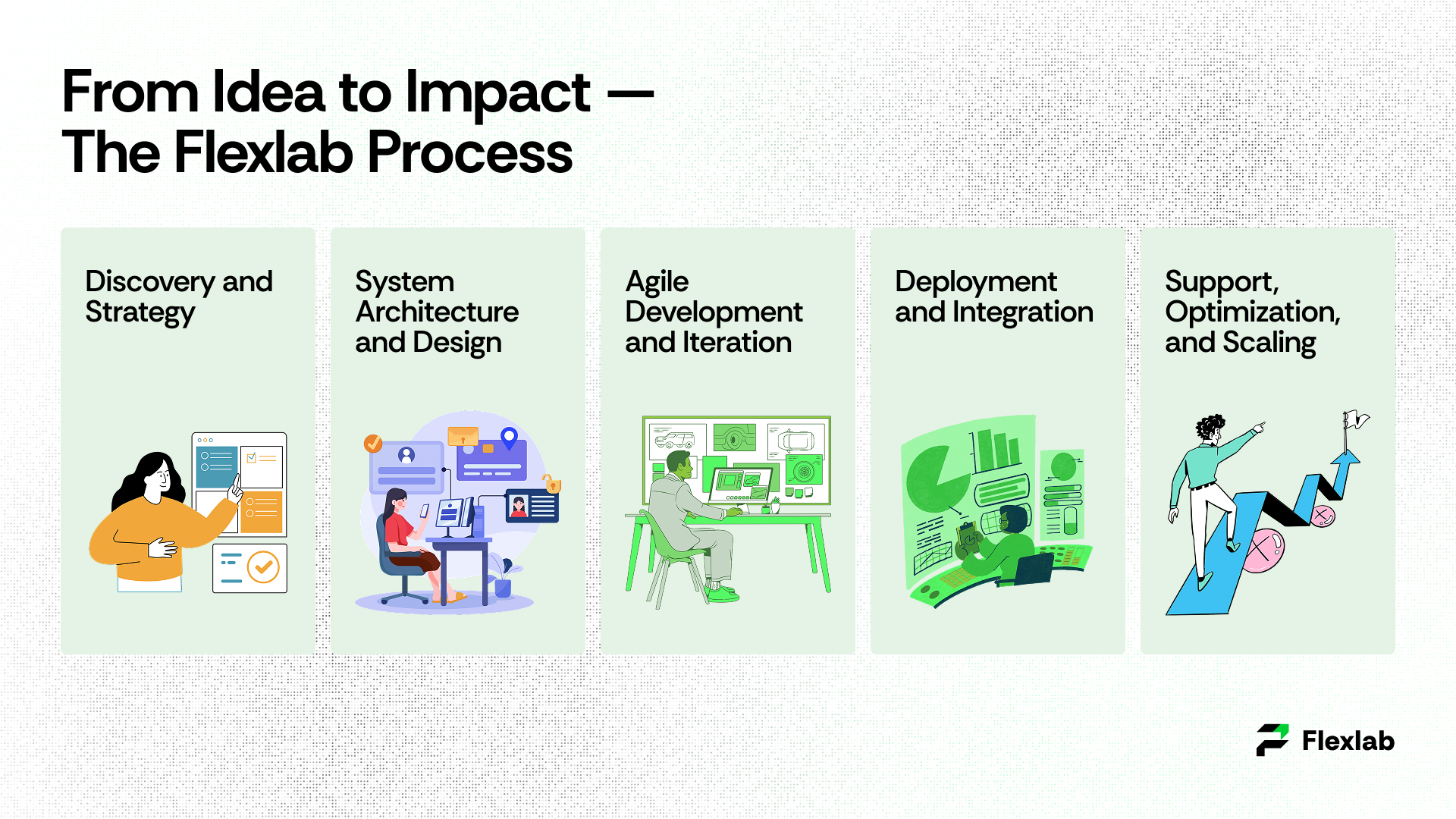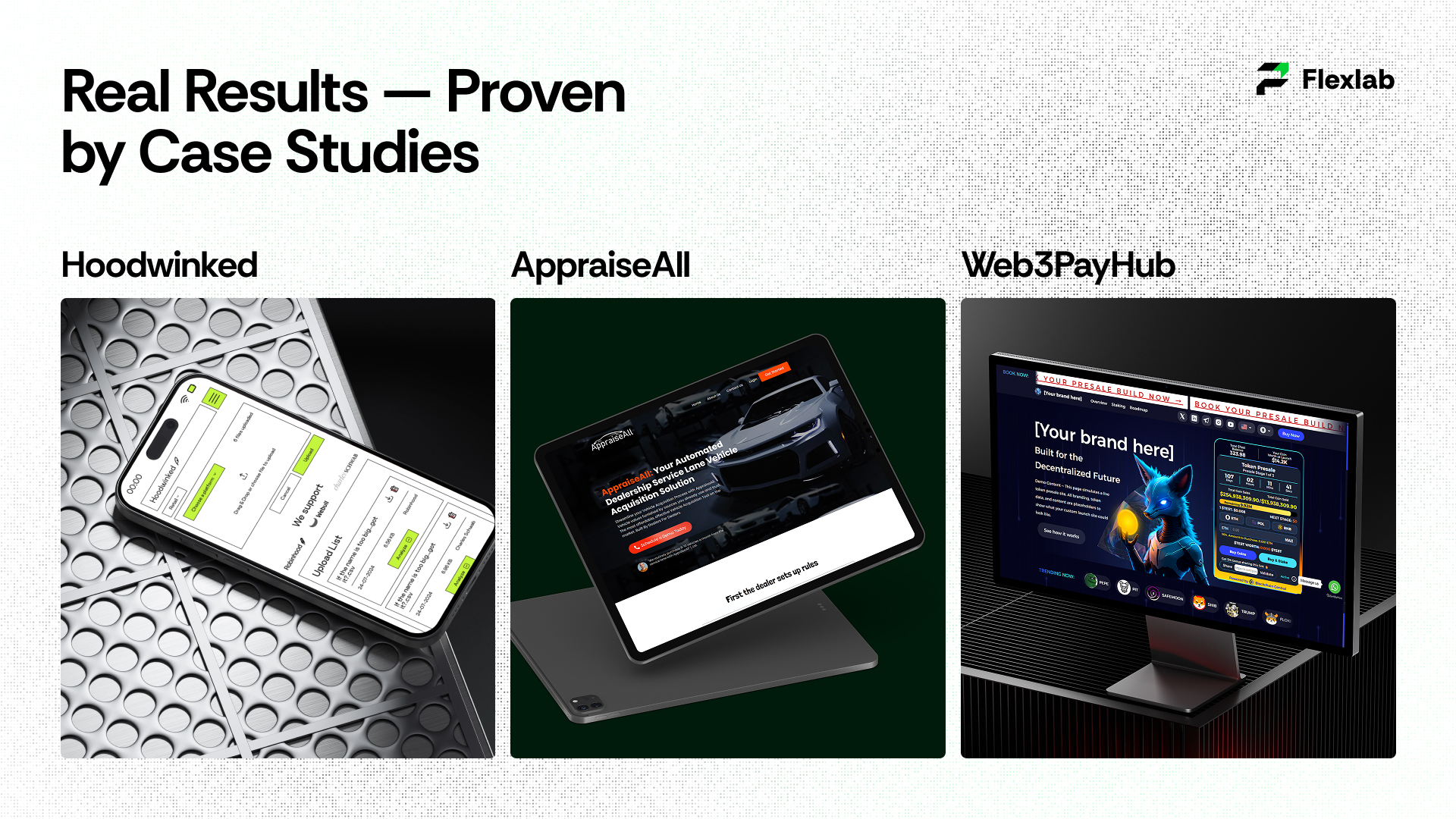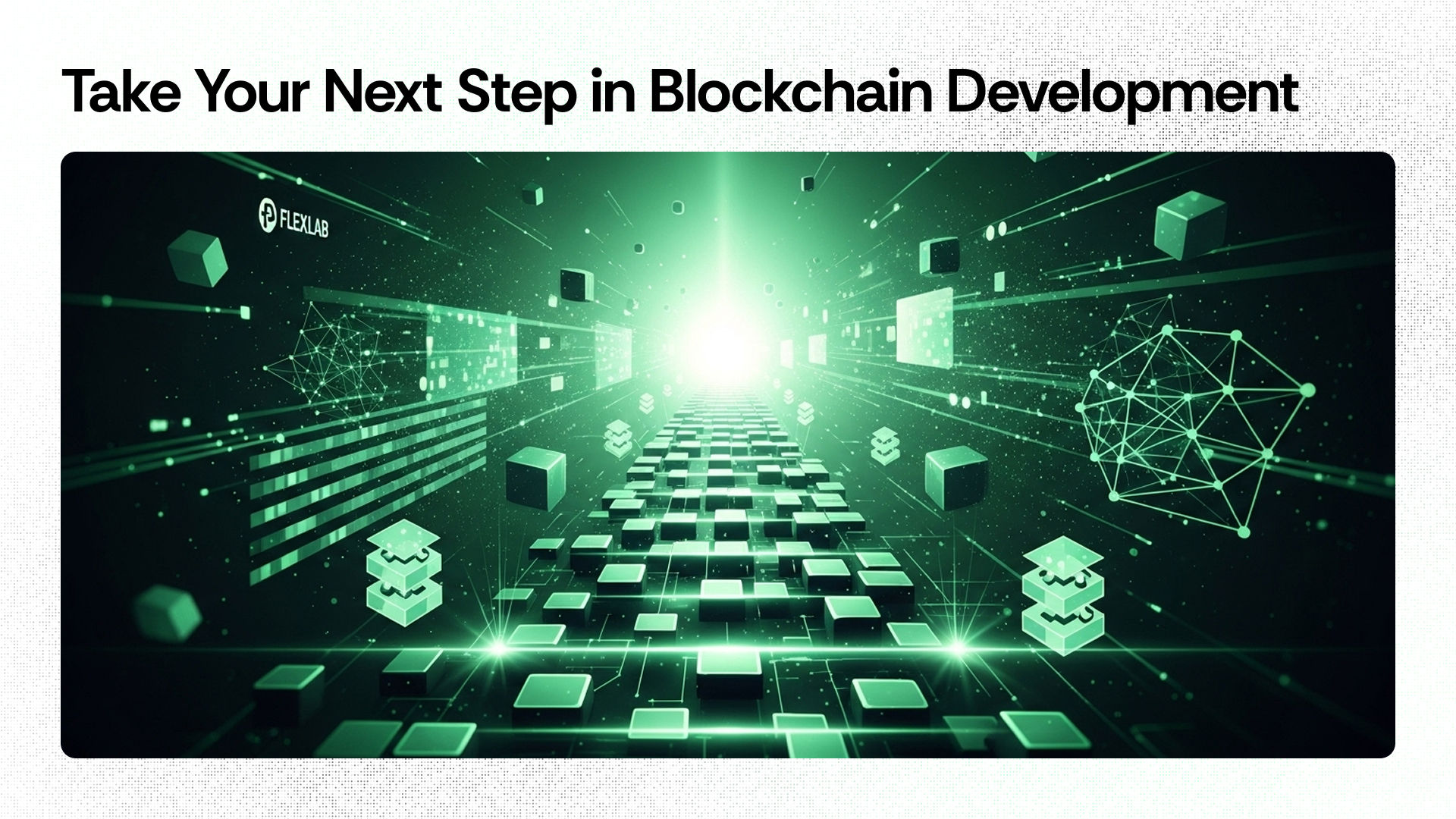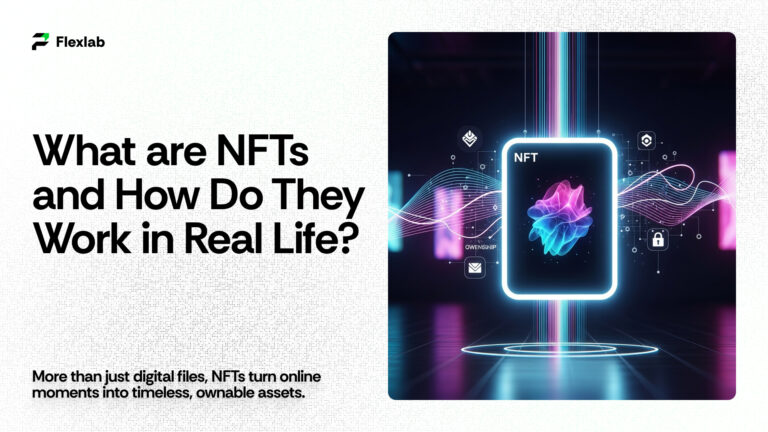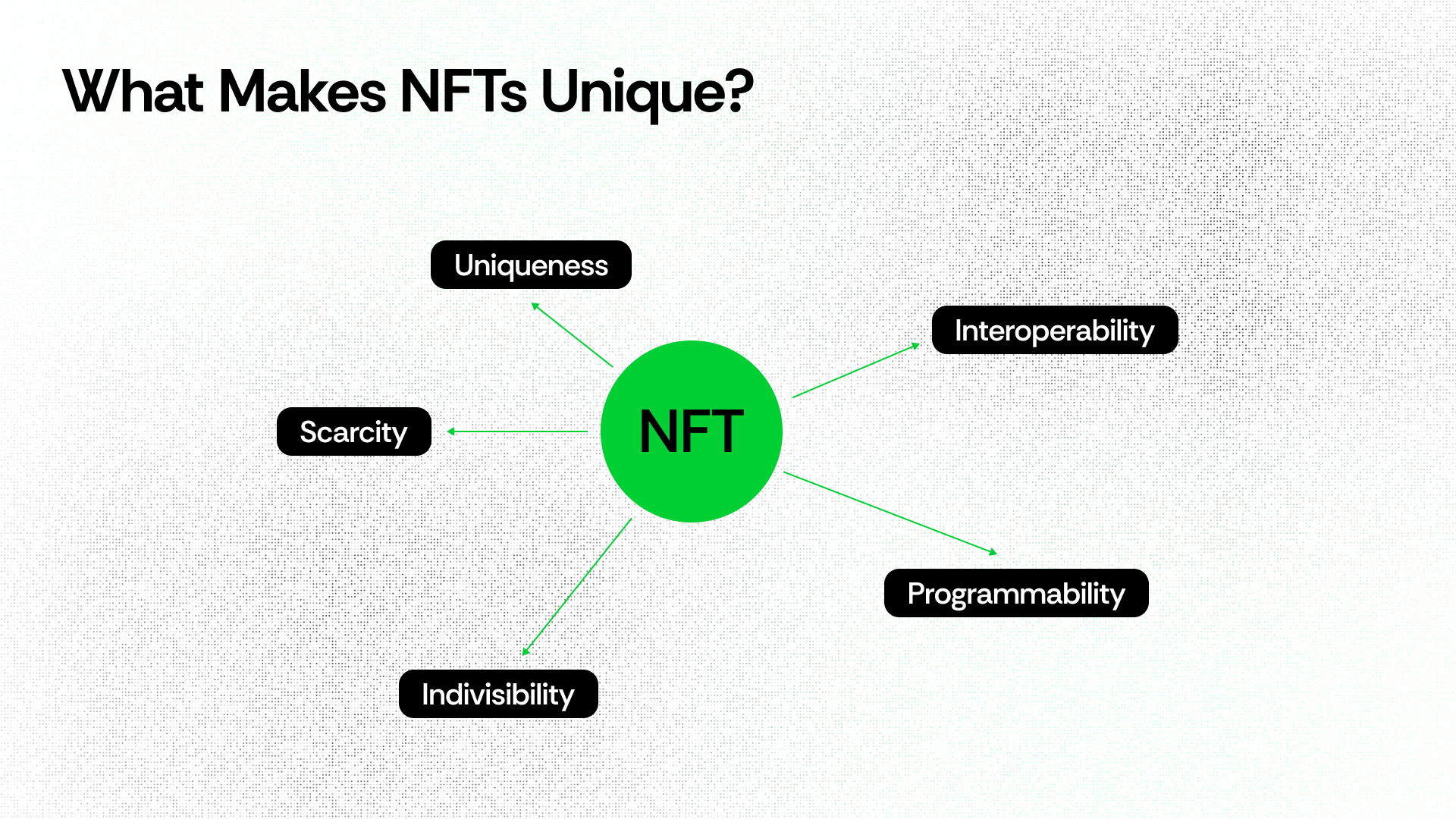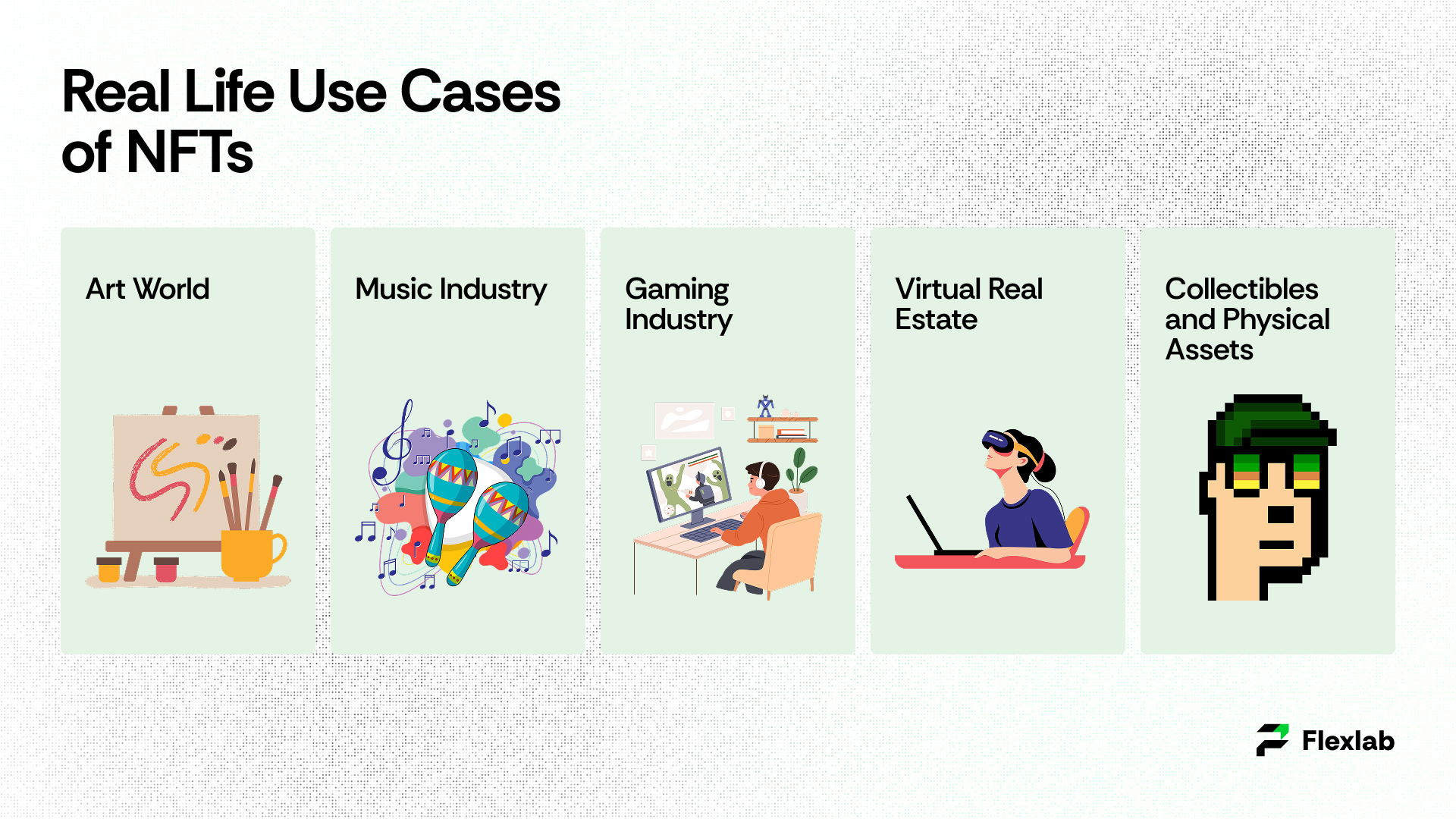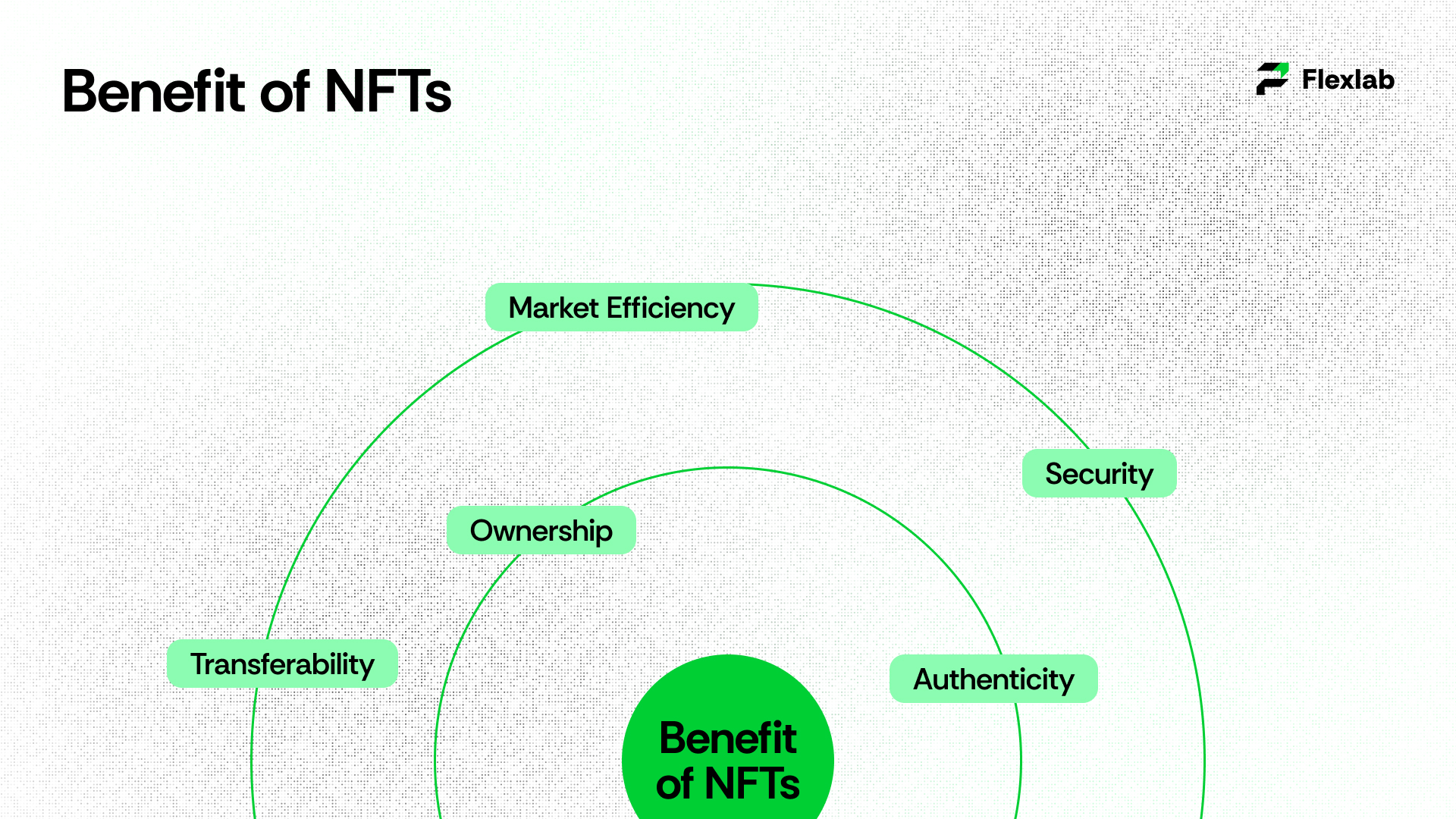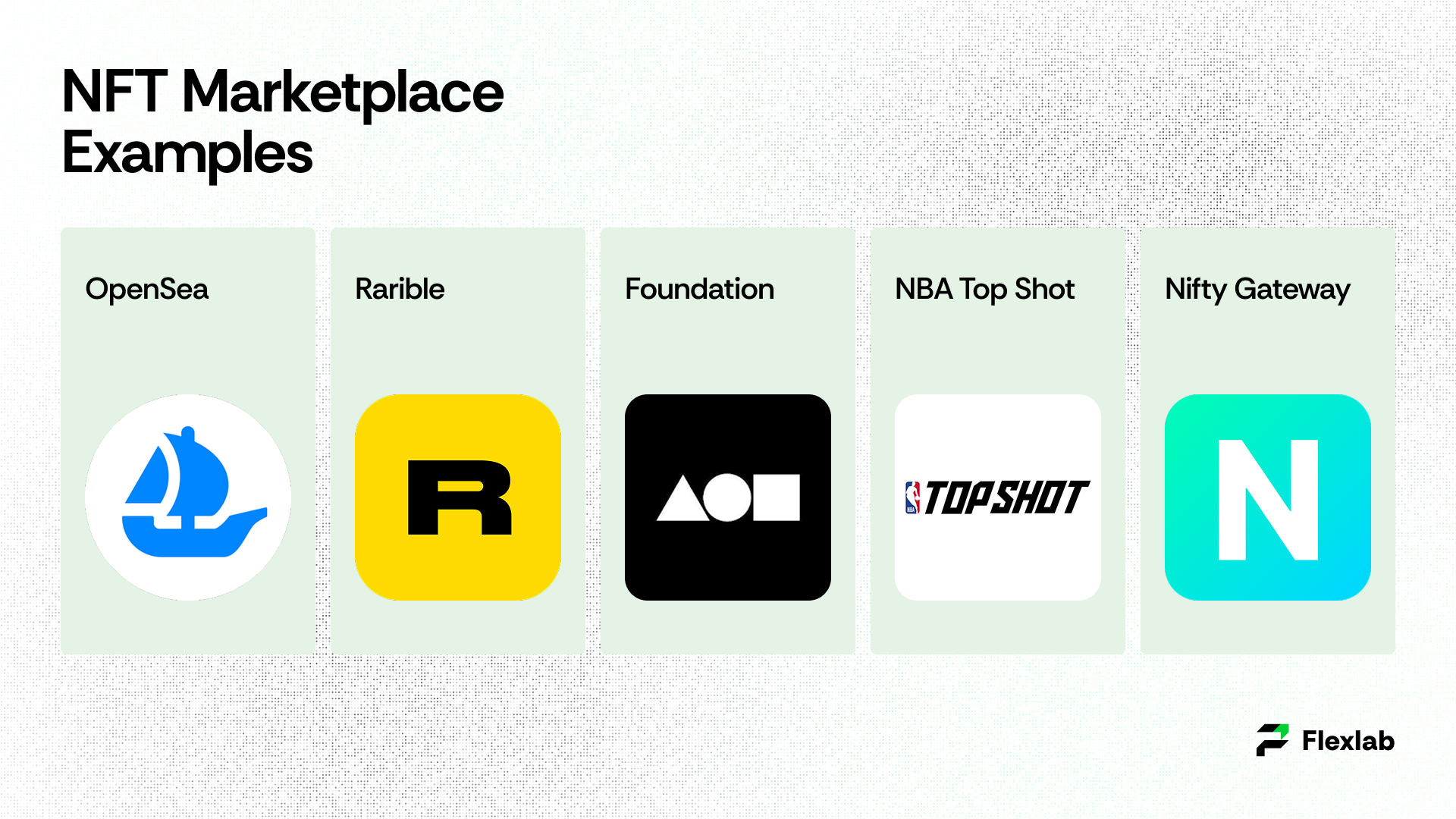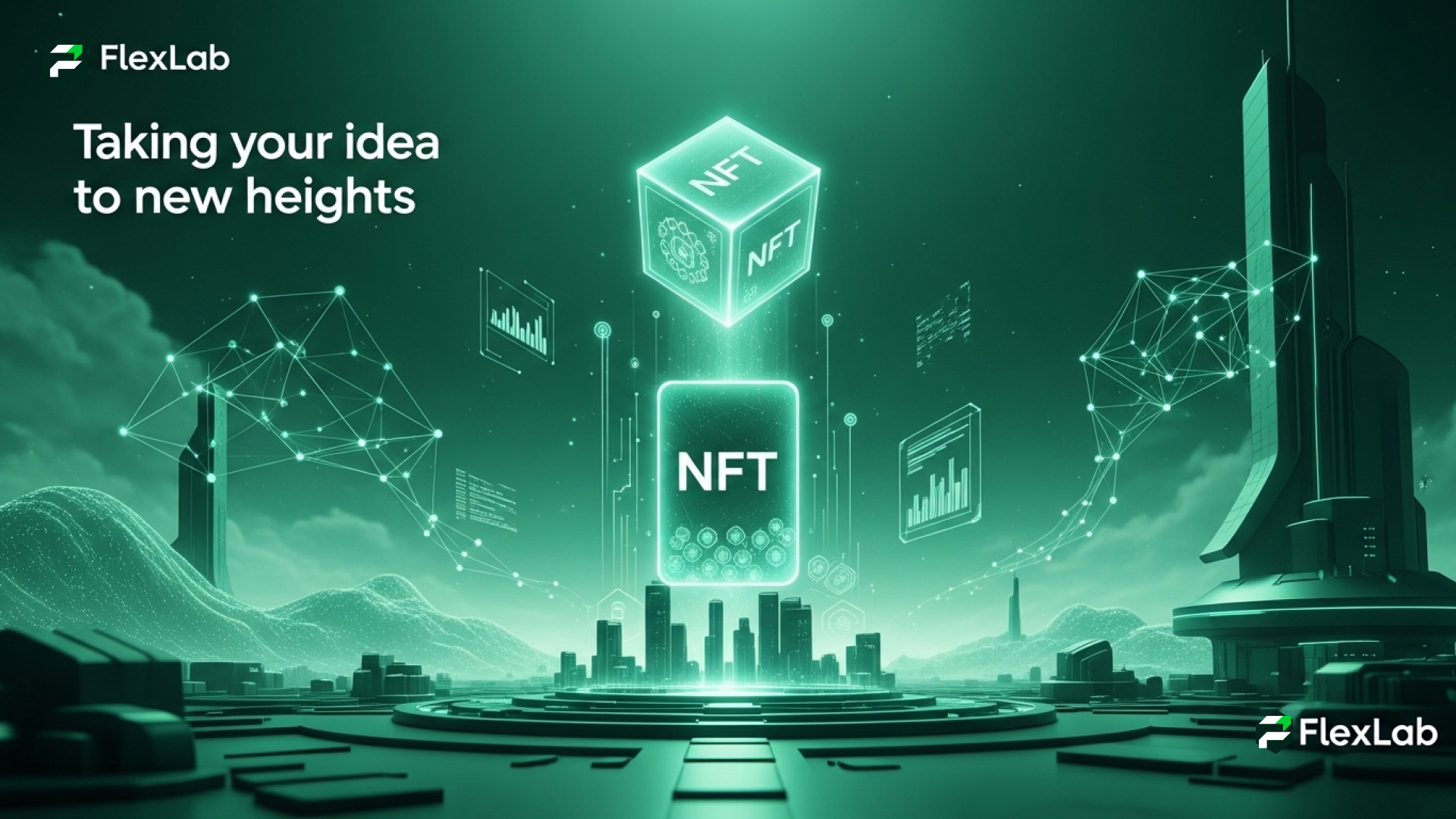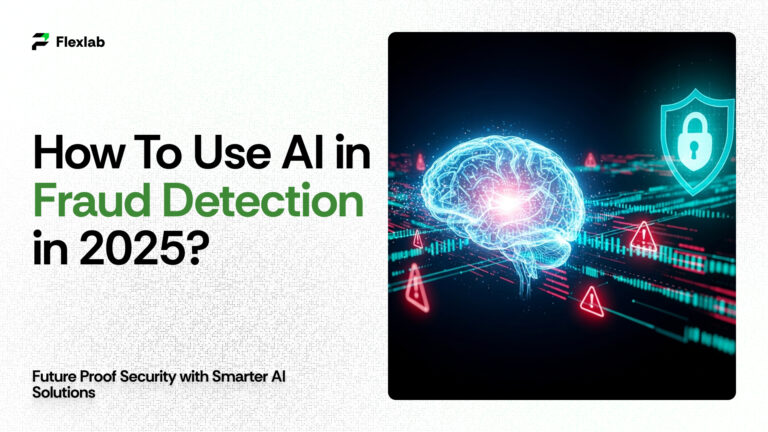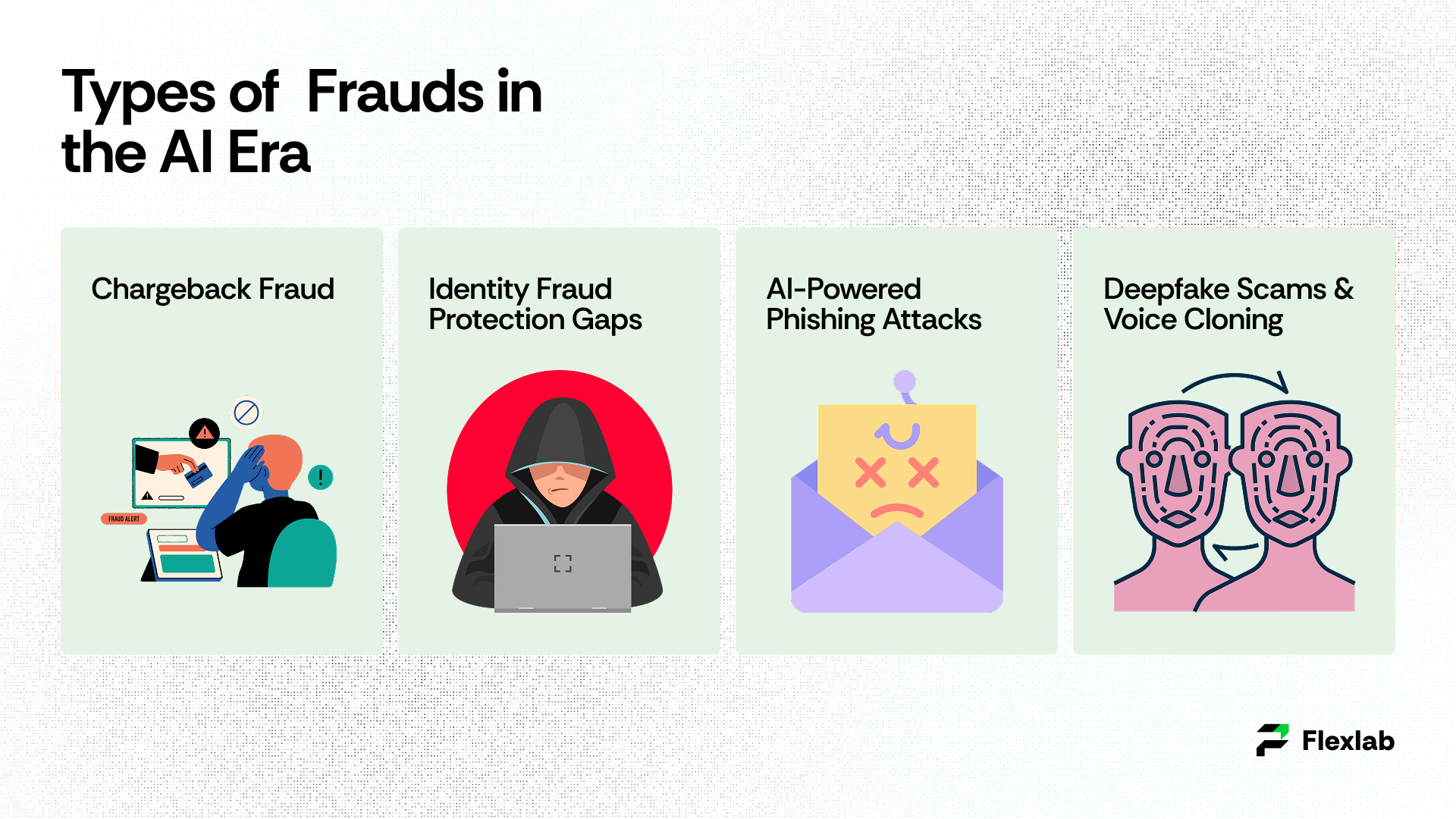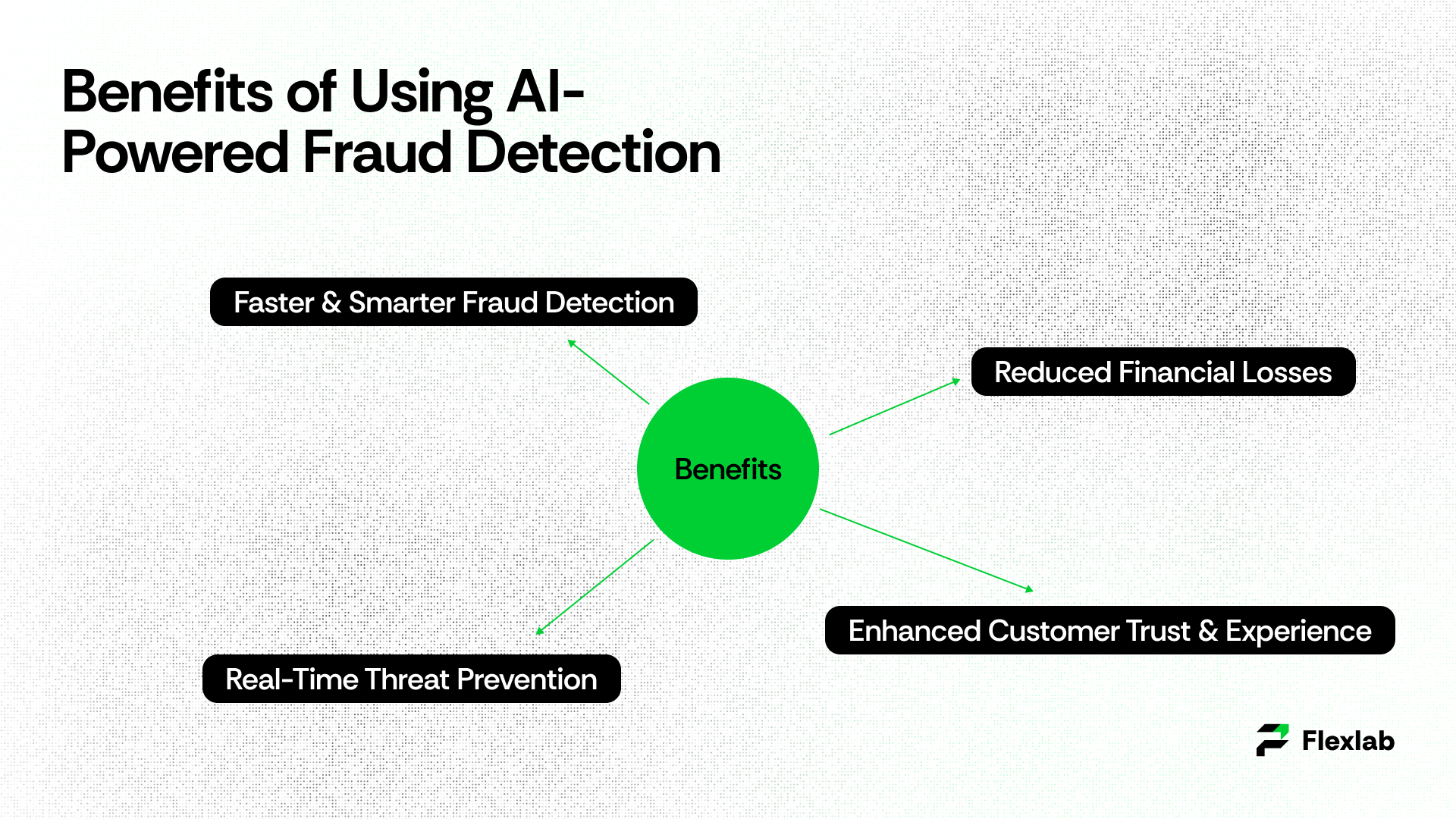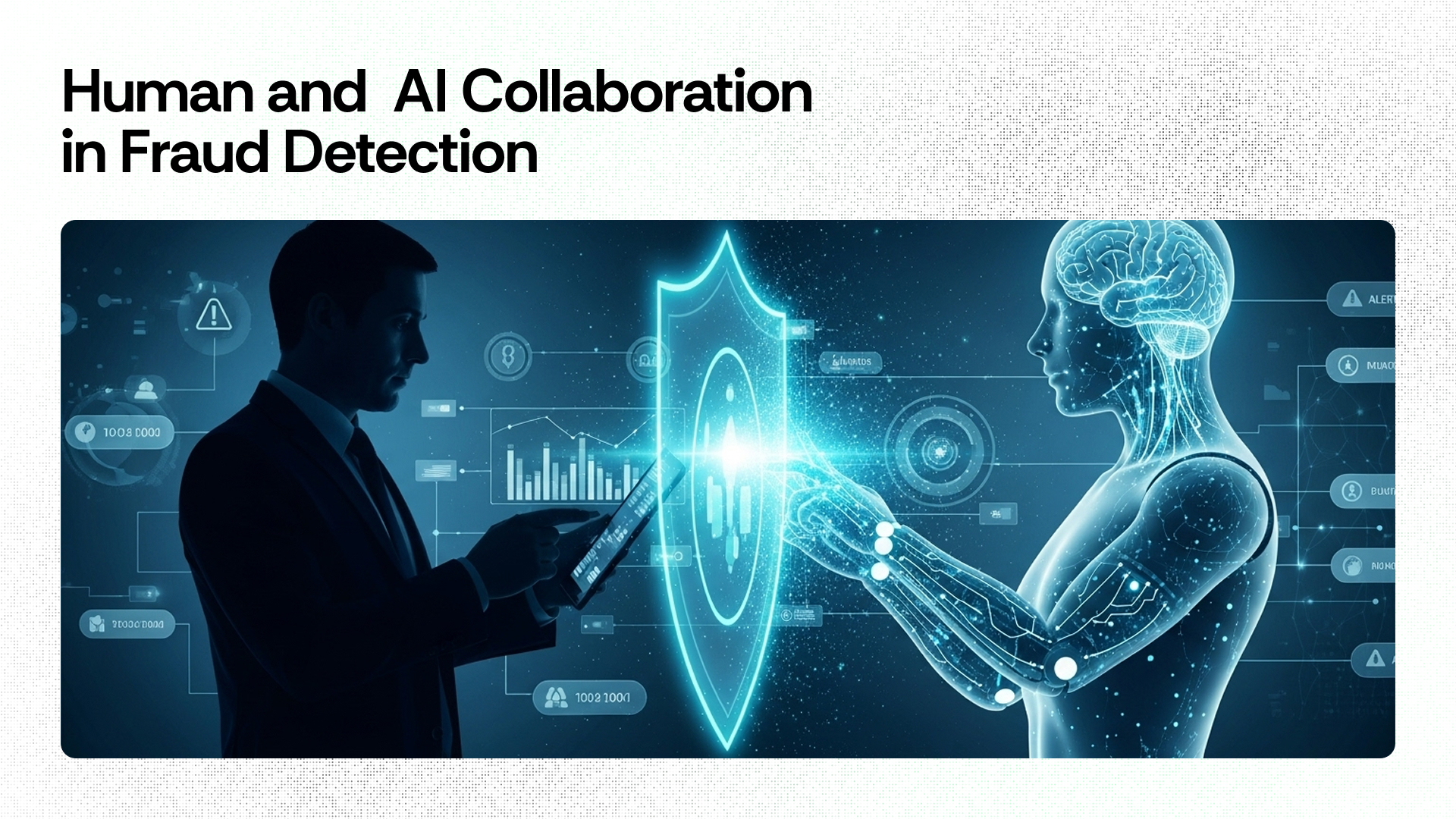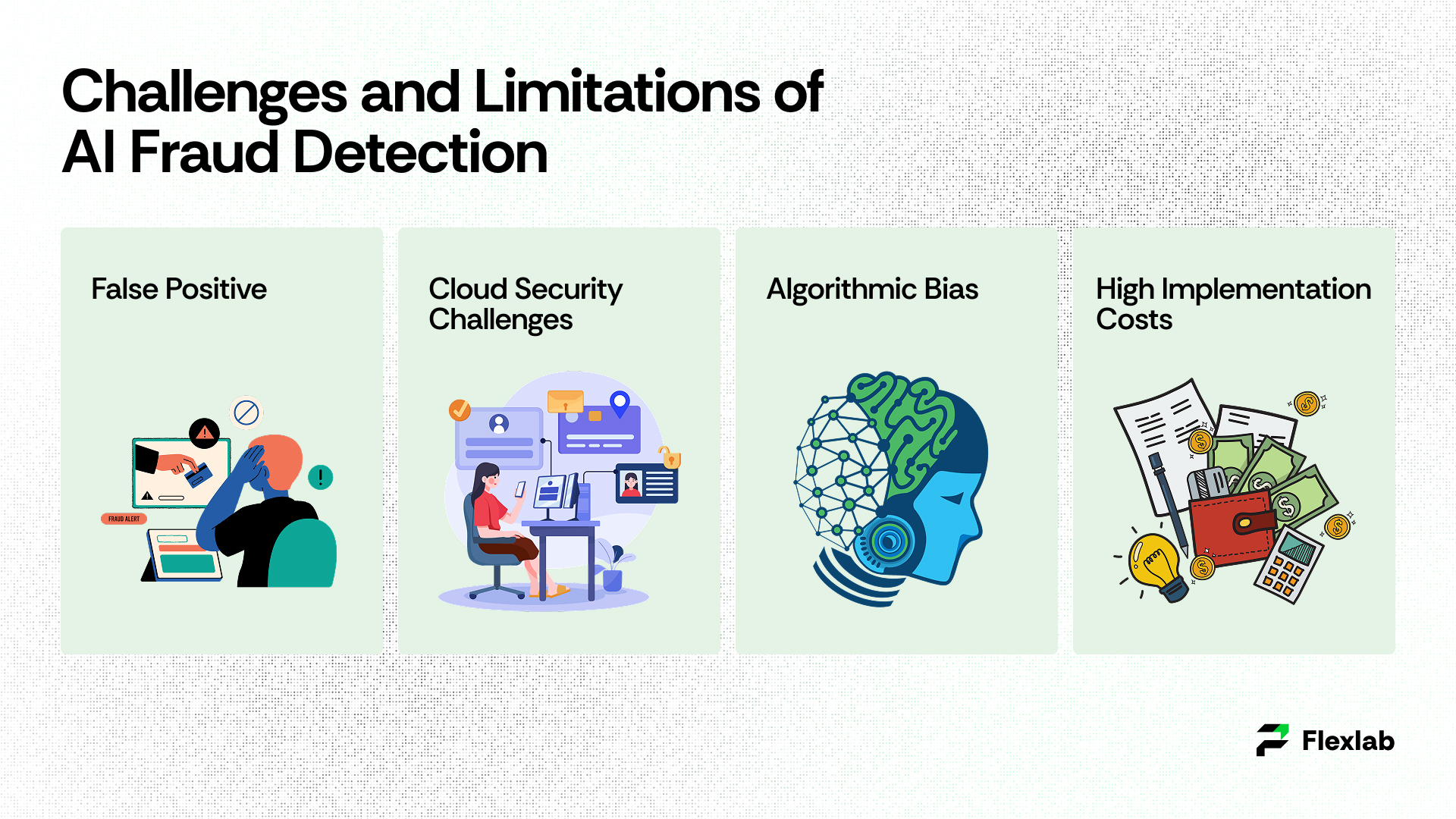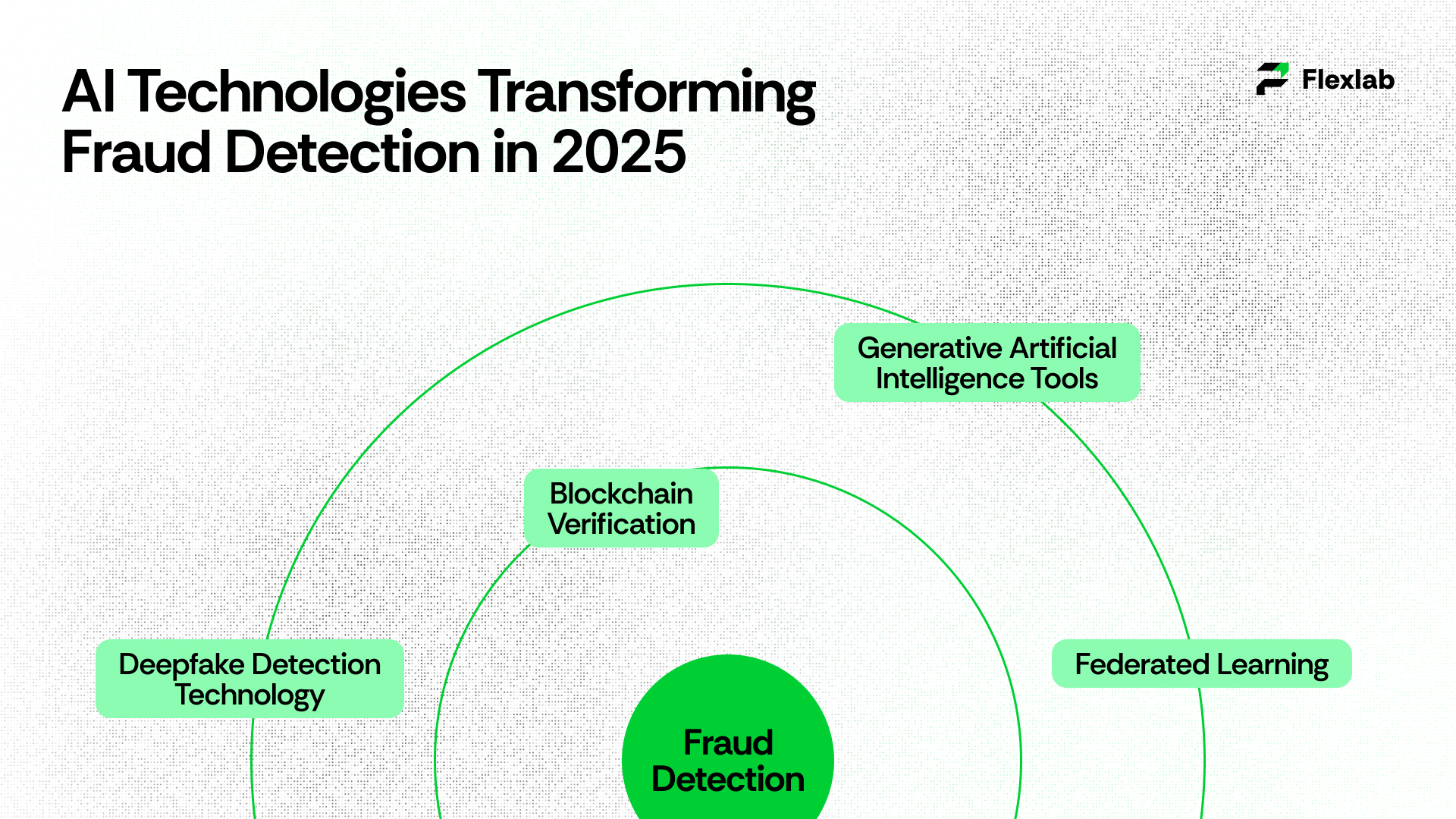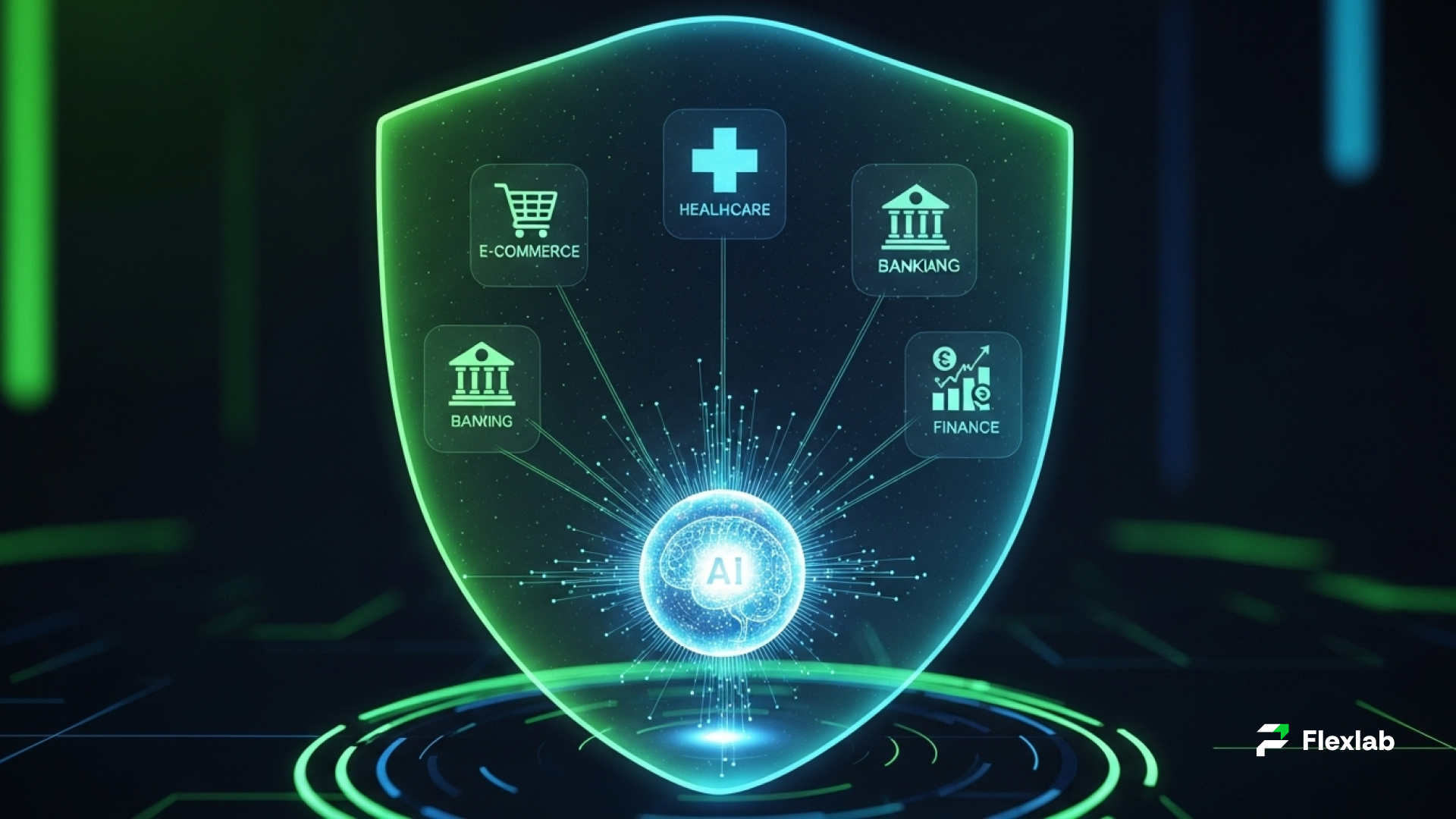What Exactly Are Smart Contracts and How Do They Work?
What are NFTs | AI in Fraud Detection | Multi-Agent Systems
The digital world has transformed the way people trade, connect, and make transactions. Whether it be online banking or e-commerce, technology has significantly minimized the role of intermediaries or middlemen. One of the most breathtaking innovations in this transformation is the smart contract.
Smart contracts offer speed, accuracy, and transparency in ways that traditional agreements cannot. Although it is one of the most groundbreaking shifts, some people still find this concept confusing. This blog will serve as your guide to understanding what smart contracts are, the revolution they have brought, how they work, their benefits, and more. Let’s get into it.
Defining Smart Contracts
What are smart contracts? Let’s demystify smart contracts for you. Digital contracts are self-executing computer programs stored on the blockchain. They represent a digital agreement written in the form of code, which is stored on a blockchain. These digital contracts contain a predefined set of conditions and rules. Once these conditions are fulfilled, blockchain contracts execute automatically. Just like a traditional contract is enforceable by law, a smart contract is enforceable by code. This binding contract does not contain any contractual obligations. Rather, it is a computer ‘script’ designed to assist transactions without the use of middlemen or third parties.
Smart contracts are just like a vending machine: input the right payment, and the machine delivers the agreed asset or product.
Types of Smart Contracts
These intelligent software programs have different types depending on the purpose, use cases, and design one is looking for. The following are some of the types of smart contracts;
- Smart Legal Contracts
- Decentralized Autonomous Organizations (DAOs)
- Application Logic Contracts
- Financial Smart Contracts
- Data Driven Contracts
1. Smart Legal Contracts
Smart legal contracts tend to function like conventional legal agreements, but they are processed digitally. They follow the traditional format seen in agreements, “if this happens, then this will happen”. In addition to this, blockchain-powered legal contracts provide more openness and transparency between contracting entities. The parties execute the contract using digital signatures. People mostly use this type of contract in real estate, employment, or service agreements. Smart legal contracts integrate data rights management to control and protect content access of enforceable agreements. This ensures legal compliance, licensing, and protection of digital assets.
2. Decentralized Autonomous Organizations
DAOs are basically democratic organizations with smart contract-based voting power. Instead of a central authority managing them, rules encoded in blockchain-powered contracts run the organization. There’s no such thing as a president when it comes to decentralized autonomous organizations. Instead, members usually possess tokens that give them voting rights. Members take a collective decision through transparent, intelligent, and automated voting. In short, DAO is like a digital company that executes itself with code and votes, not managers and bosses.
3. Application Logic Contracts
ALCs often work with other blockchain-powered contracts to manage data between devices and systems. It allows device-to-device interactions, such as blockchain and IoT integration. ALCs are often signed between systems and other contracts instead of people and organizations.
4. Financial Smart Contracts
Financial contracts are self-executing and blockchain-powered digital agreements. Developers specifically design them to handle financial activities such as lending, borrowing, insurance payments, and more. They automatically execute the transaction once the pre-set conditions are met, ensuring speed, accuracy, and transparency. This category of digital contracts is widely used in decentralized finance (DeFi). Loan agreements on Aave, trades on Uniswap, and crop insurance via Etherisc are examples of financial smart contracts.
5. Data-Driven Smart Contracts
Data-driven contracts use blockchain-backed agreements that automatically execute when external data from oracles triggers them. This may include weather updates, stock prices, or IoT sensors. Additionally, these autonomous software programs rely on real-time data to enforce contract terms. For instance, a crop insurance payout is released automatically if weather data confirms crop damage.
How do Smart Contracts Work?
This is the most important part of understanding smart contracts: their actual mechanism. Here’s a breakdown of the step-by-step process of how smart contracts actually work;
-
Agreement between Parties
The creation of a smart contract begins with an agreement between parties. The parties, willing to make a transaction or exchange services, must agree on the terms and conditions of the agreement. After the parties are on the same page, they can move forward with the creation of the smart contract.
-
Drafting the Agreement in Code
The parties have the option to create the smart contract by themselves, or they can work with a smart contract developer. Instead of writing the contract in legal language, developers write it in programming code. Solidity remains the most commonly used language for Ethereum. The language must be unambiguous, precise, and clear, because the contract cannot recognize vague terms. For example, if John deposits 1 ETH, then Justin transfers the ownership of a file.
-
Deployment on Blockchain
Once the code is written, the contract is now uploaded to a blockchain network just like other crypto transactions. Deploying the smart contracts in blockchain ensures immutability, accessibility, and transparency. In other words, once users write the code, it remains tamper-proof, visible to every participant, and accessible to participants with the right permission. Furthermore, to deploy it to the blockchain, users must pay a transaction fee, which they cannot refund or exchange.
-
Monitoring the Conditions
Smart contracts are fundamentally event-driven. They stay inactive until a specific condition occurs or triggers them. For example, if someone makes a specific payment, a certain date or time arrives, or the system receives data, they activate. Broadly, these triggers can include almost everything that one can verify digitally. Conditions can also be triggered when one or more participants of the contract perform a specific action.
-
Execution of the Contract
Once the predefined conditions are fulfilled, the smart contract executes automatically. Afterward, the contract can perform various functions. For example, it may release funds after goods delivery, unlock digital assets upon payment clearance, or register the ownership of a file. In this way, there is no need for a person to approve the transaction, since blockchain technology ensures transparent execution.
-
Recording and Verification of Results
After execution, the decentralized blockchain network verifies the actions taken by the smart contract. Therefore, the results are permanently recorded on the blockchain. This helps provide an immutable record that cannot be tampered with. Hence, it helps ensure transparency for all the participants.
What Makes Smart Contracts Unique?
One of the significant features that makes smart contracts unique is their transparency. The contract’s rules and conditions are visible to all parties on the blockchain, making transactions transparent. Then comes automation; they execute actions automatically when predefined conditions trigger them. Smart contracts are immutable, meaning that no one can alter the contract code, which makes it tamper-proof. The decentralization of these unique contracts removes the need for a central authority and makes them special. Additionally, Users can tailor smart contracts for complex workflows. Hence, their programmability is one of the key features. Owing to these extraordinary features, these intelligent contracts stand out from traditional contracts and some regular software programs.
What are the Applications of Smart Contracts?
Smart contracts are one of the most groundbreaking innovations of the recent digital era. They are involved in a great number of fields; here are some of the most common applications of smart contracts:
- Real Estate
- Healthcare
- Insurance
- Supply Chains
Real Estate
Real estate is one of the most common applications of smart contracts. These intelligent software applications help cut costs paid to the intermediaries and distribute them among the parties involved. For instance, a smart contract transfers the ownership of an apartment once the buyer sends a specific amount of money to the seller’s account or wallet. Therefore, decentralized agreements help automate property transfers when predefined conditions are verified.
Healthcare
Decentralized applications through smart contracts help store and record healthcare records on blockchain. The blockchain technology allows or grants access to only authorized healthcare providers and family members. Additionally, these digital contracts help automate healthcare payment processes to prevent fraudulent activities. Blockchain registers and records every treatment on the ledger. Smart contracts, through their digital payment solutions, can calculate the sum of all the transactions. Therefore, patients are not discharged from the hospital until the payment has been cleared and is coded in the smart contract.
Insurance
One of the many applications of smart contracts that clearly demonstrates their potential benefits is the insurance industry. In this sector, insurance companies use these digital contracts to design a policy that autonomously pays out once it meets the pre-determined conditions. For example, the triggers could include a natural disaster or a flight delay. As a result, this process helps streamline claims handling and also minimizes the potential for disputes and fraudulent activities.
Supply Chain Logistics
With the help of such agreements, organizations can therefore improve the transparency and traceability of goods as they move through the supply chain. In addition, these blockchain-powered autonomous tools help prevent disputes, automate inventory management, and ensure the authenticity of goods. Moreover, these self-executing programs automatically release payment once the system delivers the products or moves them through checkpoints.
Advantages of Smart Contracts
From offering transparency to automation, there are a great number of advantages of using smart contracts in today’s digital landscape. The following are some of the benefits of smart contracts:
- Trustworthiness: With the help of automated contracts, users do not need to trust any third party, only the blockchain network.
- Lower Costs: By eliminating intermediaries or middlemen, digital contracts help cut costs associated with legal matters, bank charges, etc.
- Speed: Their autonomous and self-executing programming removes delays caused by repetitive tasks and manual processing.
- Accuracy: Smart contracts execute themselves exactly as programmed, reducing the risk of human error. Hence, they offer accuracy and authenticity.
- Global Use: They can operate and function across borders. With internet access, contracts can be used anywhere.
- Security: Lastly, as the smart contracts are recorded on the blockchain, the transactions are encrypted, immutable, and secure.
Future of Smart Contracts
Although the journey of these digital contracts is still in its early stages, they have the potential to rule the digital world. In our opinion, here’s what the future of smart contracts would be:
- Legal Recognition: Smart contracts may get wider legal recognition, or they may become legally binding as the government and regulators catch up.
- AI Integration: AI integration will help smart contracts make more nuanced and complex decisions by analyzing data patterns.
- Mainstream Adoption: Corporations and businesses like healthcare, logistics, and real estate may fully integrate them into their operations.
- User-friendly tools: Smart contract platforms may allow everyday users to create contracts without needing complex coding skills.
Want a Smart Trusted Contract Developer For your Business?
Smart contracts are the future of business, and Flexlab is here to help you get there. As one of the most trusted companies in AI software and blockchain development, Flexlab crafts secure, scalable, and reliable automated legal agreements tailored to your business needs. Our dedicated team of experts helps you cut up to 80% of costs while shipping a new feature improvement within 30 days – or we keep working for free until we do.
With Flexlab, you gain more than just code– you gain a strategic advancement in a constantly changing digital world. Start your smart contract and blockchain journey with confidence, powered by blockchain. Visit our portfolio and book a free consultation session today. To have more in-depth knowledge about different AI and tech-related topics, such as AI automation tools, Web3 technology, and cybersecurity risk assessment, visit our blog page.
Book a call today: +1(456)723-1954
Reach out to us: info@flexlab.io
Final Thoughts on Smart Contracts
Smart contracts take a revolutionary step in how organizations enforce agreements, especially in this digital age. They have reshaped the way we think about agreements, trust, and automation. By writing the terms of a contract directly into code and recording it on blockchain, they help remove the need for middlemen and third parties. Therefore, automated contracts play a crucial role in cutting costs, enhancing security, and offering accuracy.
As the technological and digital advancements evolve and regulations catch up, these contracts have the potential to become a cornerstone of governance, global commerce, and digital life.
Concludingly, such agreements are not just digital innovation– they are actually reshaping the way humans interact, make agreements, trade, and build trust.
[sc_fs_multi_faq headline-0=”h2″ question-0=”Do smart contracts expire?” answer-0=”Smart contracts generally do not expire until the buyer and seller terminate the contract. This technology usually don’t expire once they are deployed on a blockchain. They remain active or running unless specific conditions for termination or self-destruction are coded in. To terminate or expire the contract, developers can code features like an end date, usage limits, or a self-destruct function. ” image-0=”” headline-1=”h2″ question-1=”What happens if a smart contract fails?” answer-1=”Logic errors happen when the code of blockchain-powered agreements diverges from the desired outcome or behavior. Based on the nature of the error, this can cause unexpected behavior or disrupt functionality. For instance, errors can cause monetary or financial losses or misallocation of tokens. ” image-1=”” headline-2=”h2″ question-2=”Is BTC a smart contract?” answer-2=”Bitcoin supports smart contracts with its native language ‘script’, allowing multiple transaction types to take place. However, Bitcoin itself is not a smart contract; it is a cryptocurrency that functions on its own blockchain. But it does support basic scripting capabilities, allowing fundamental smart contract–like functions such as multi-signature transactions and time locks.” image-2=”” count=”3″ html=”true” css_class=””]
